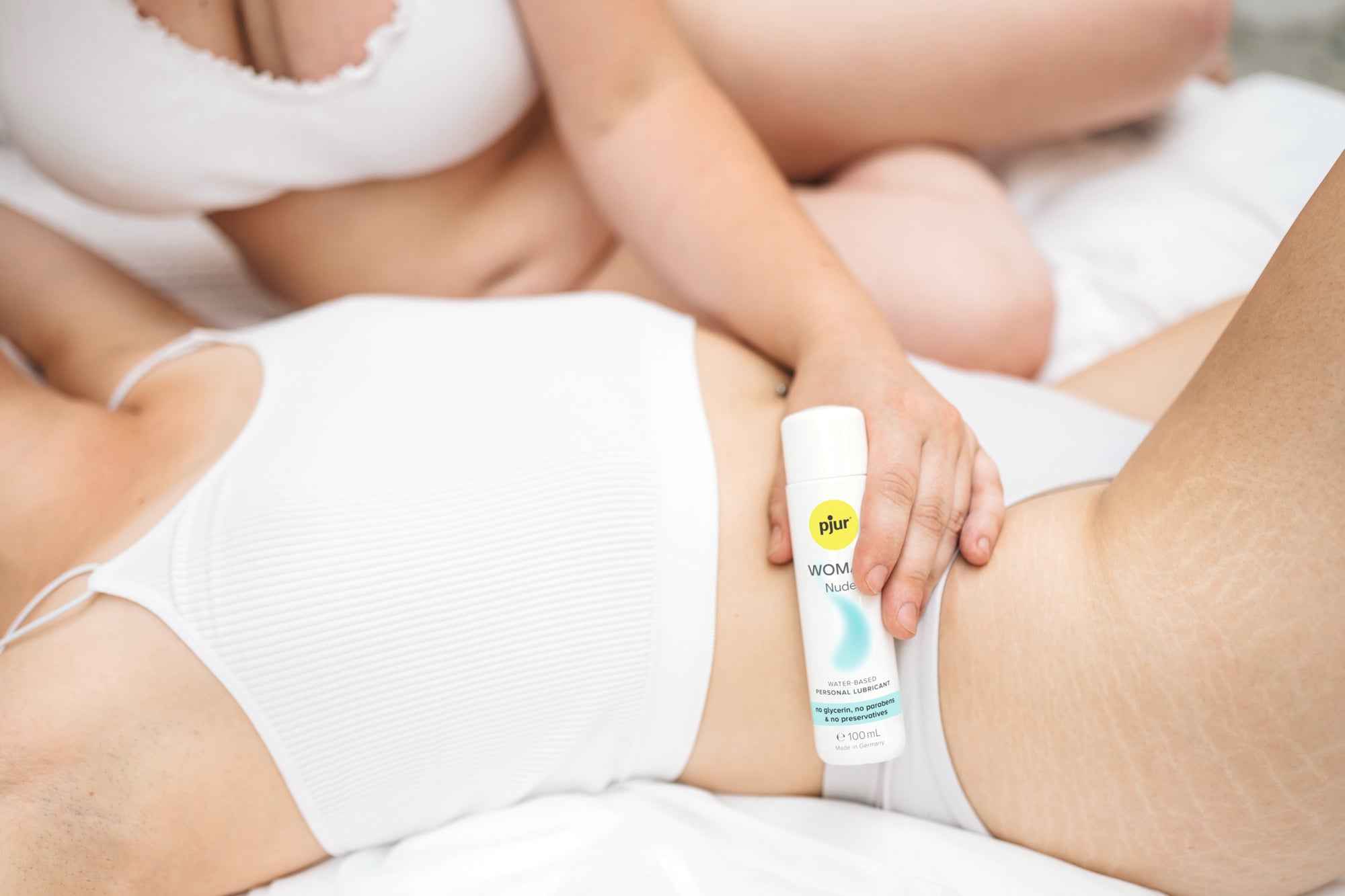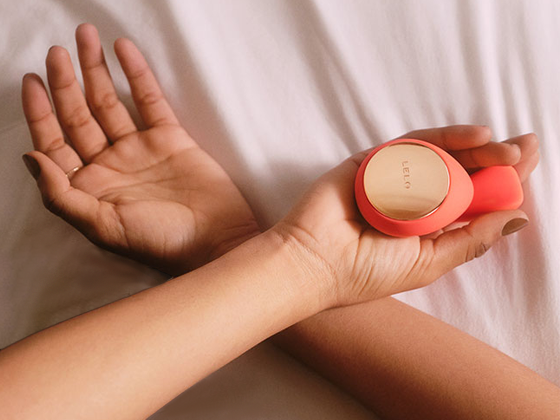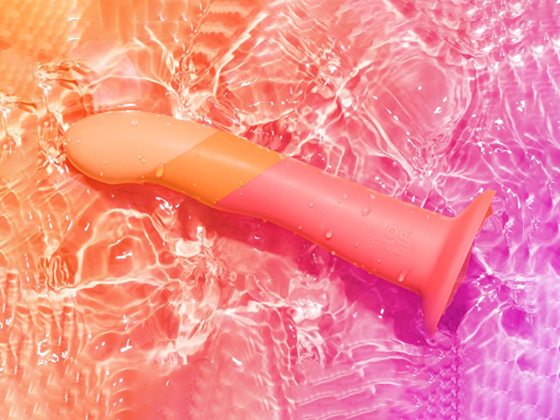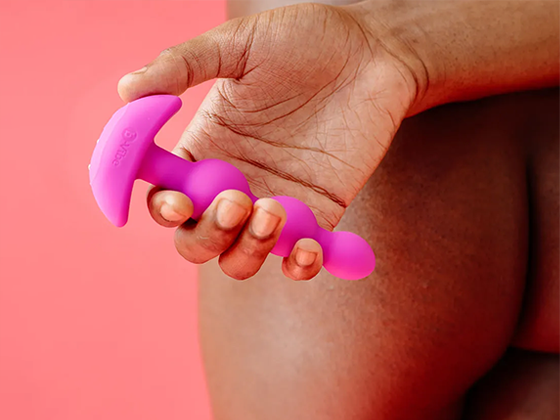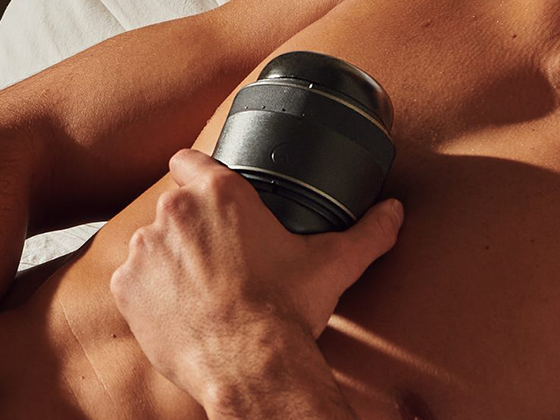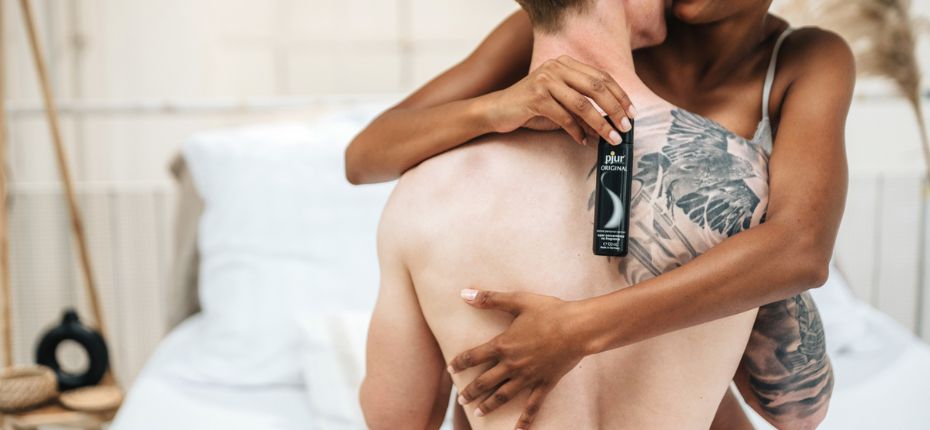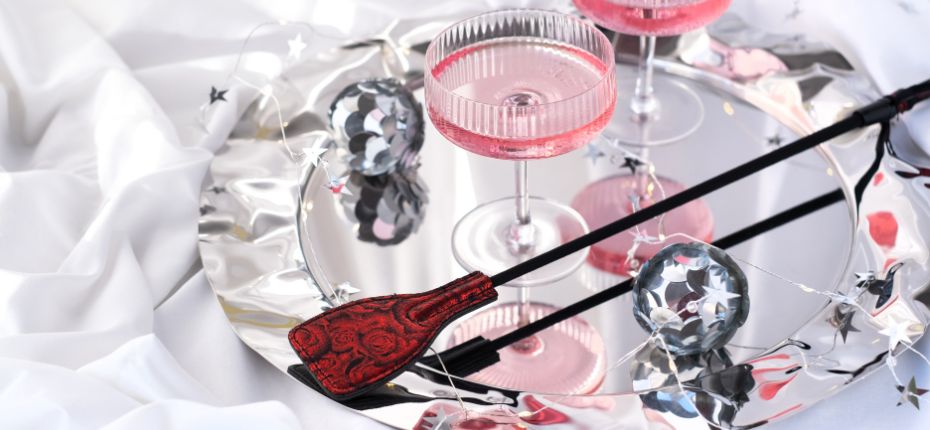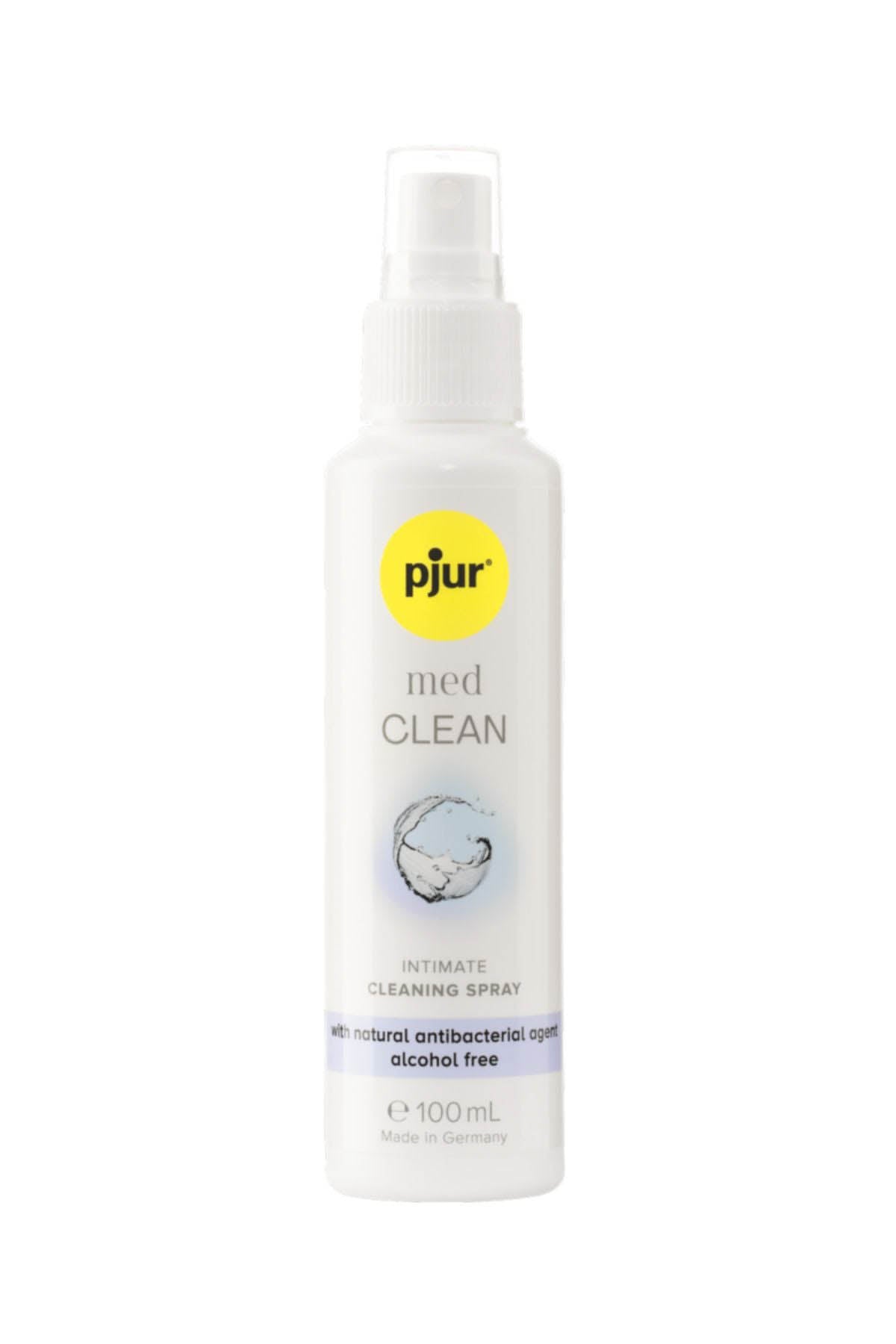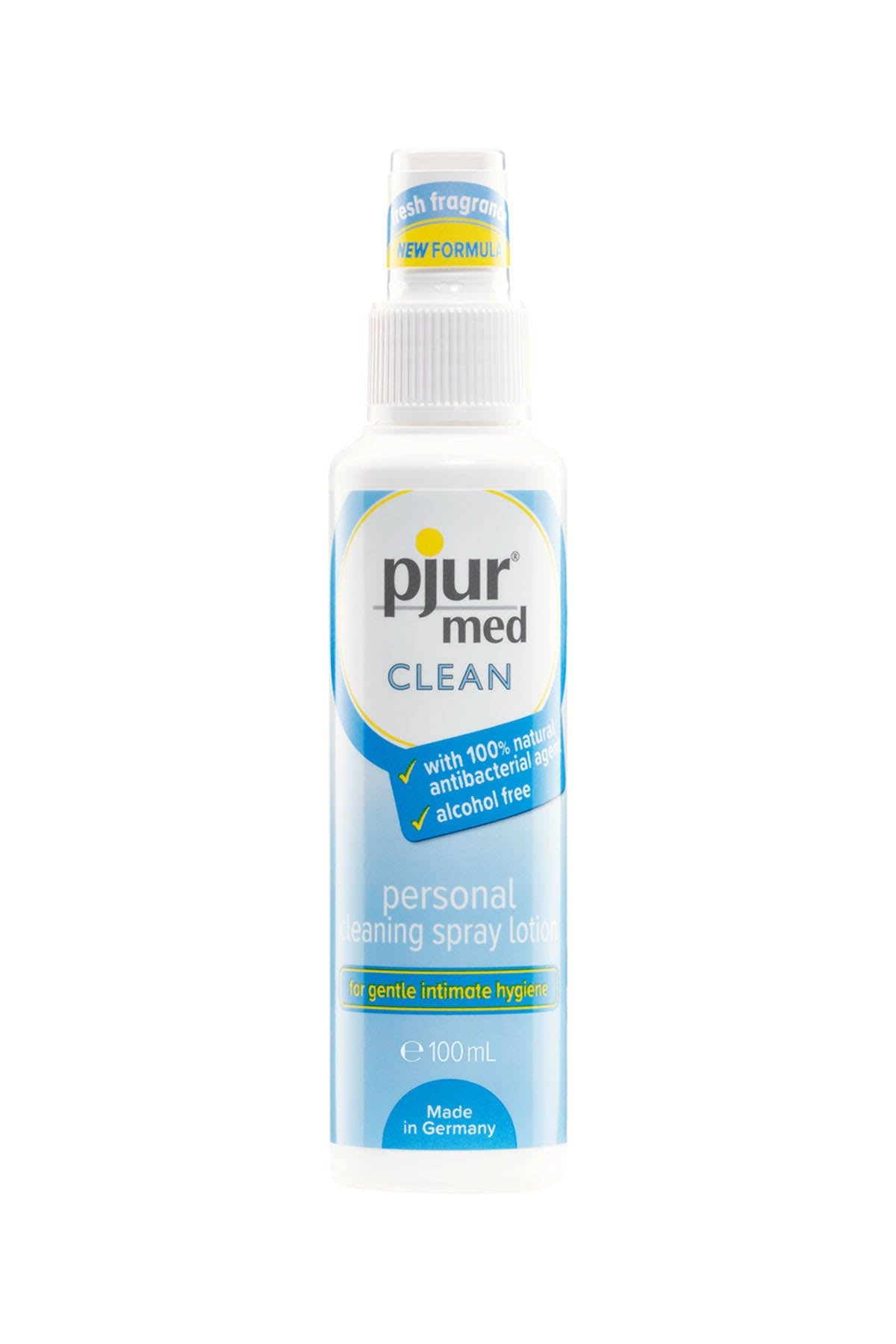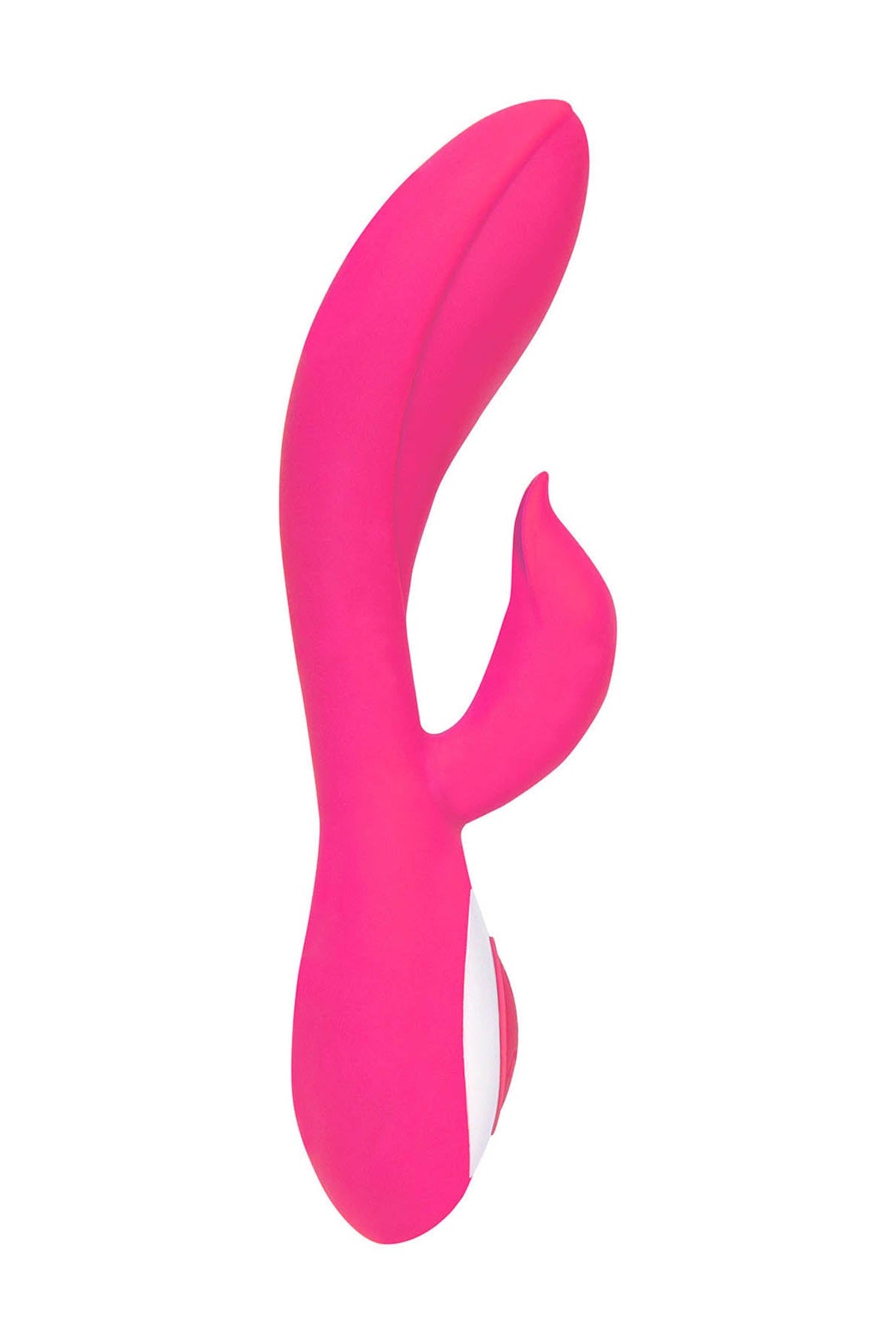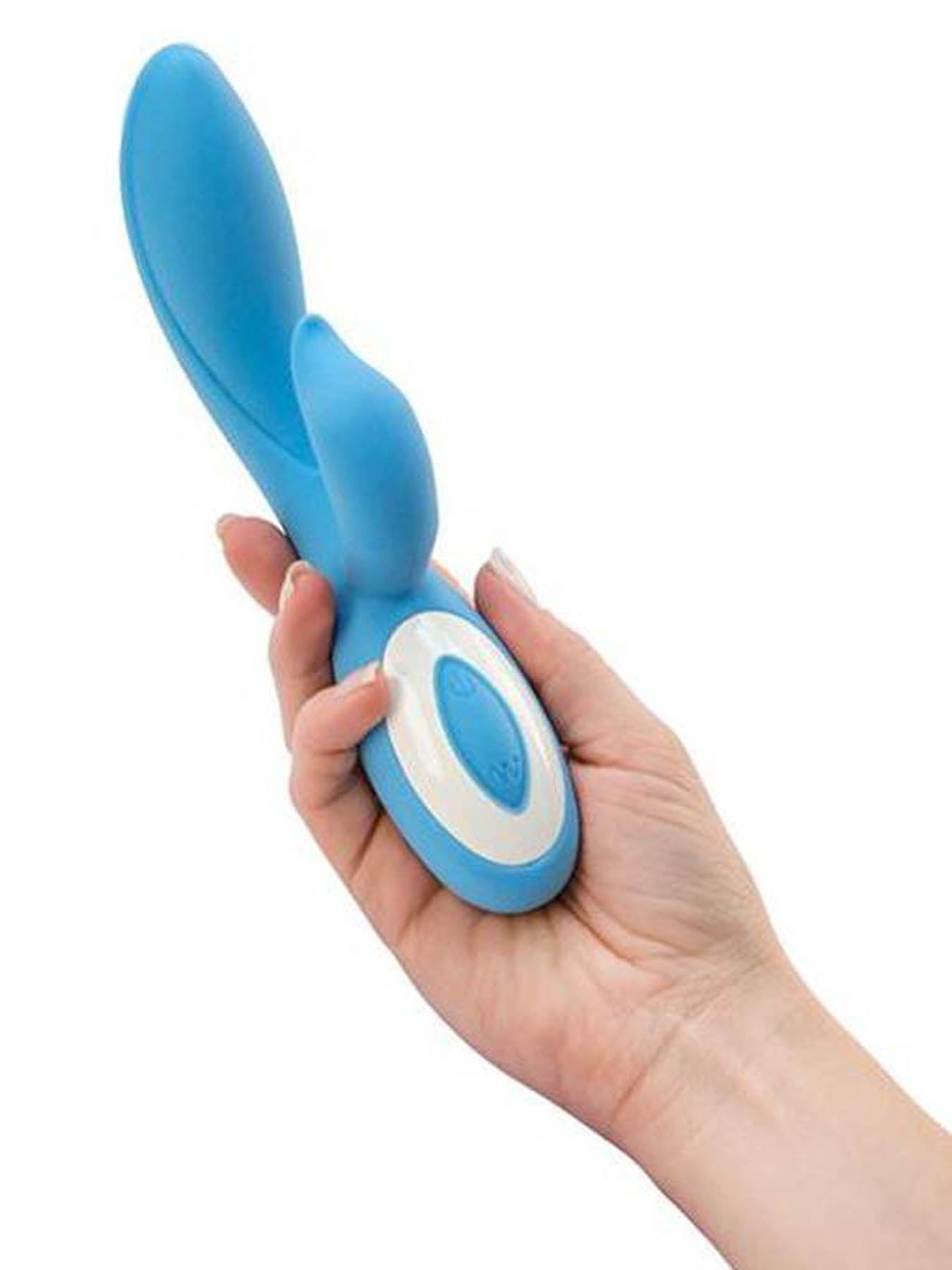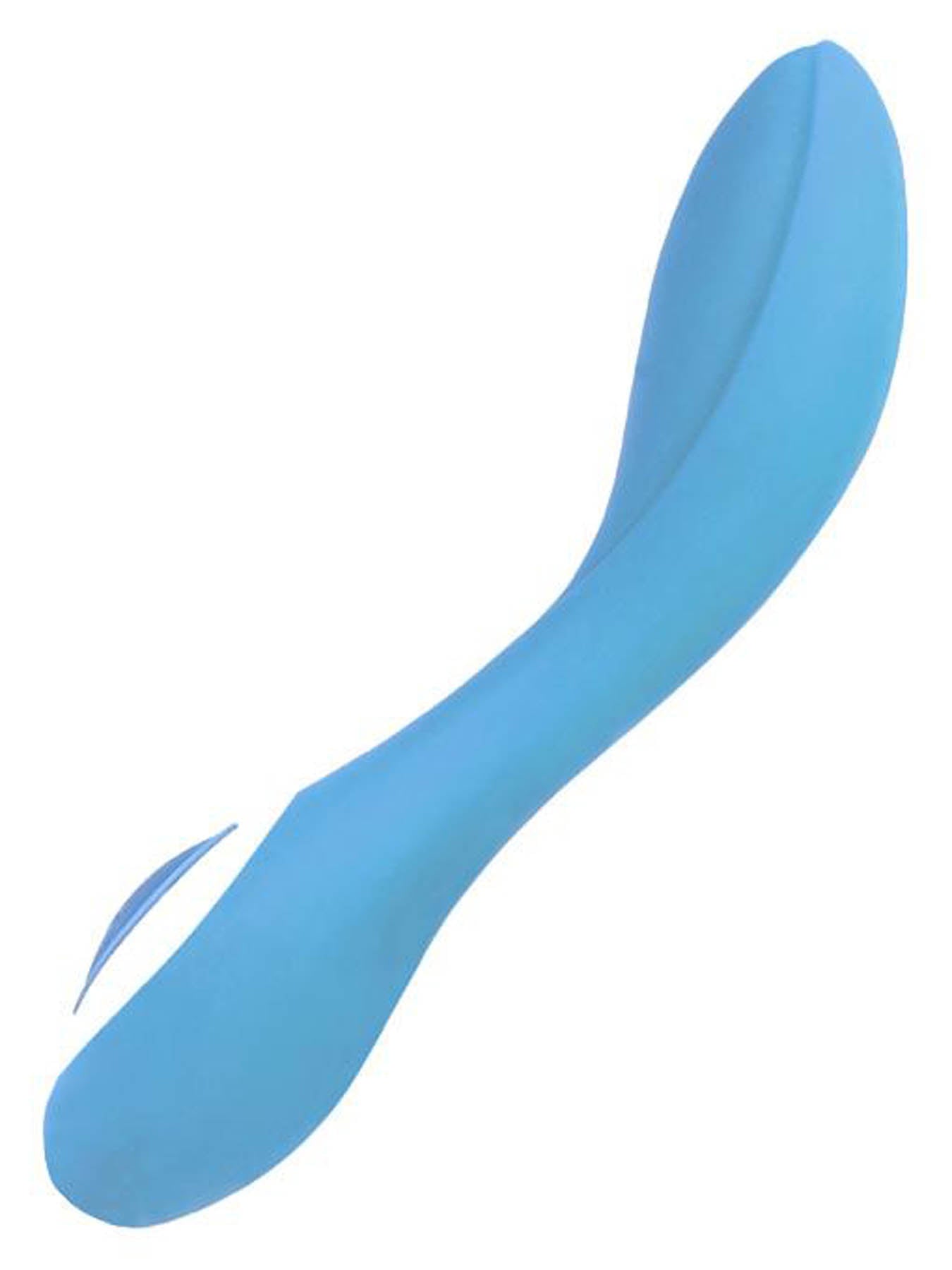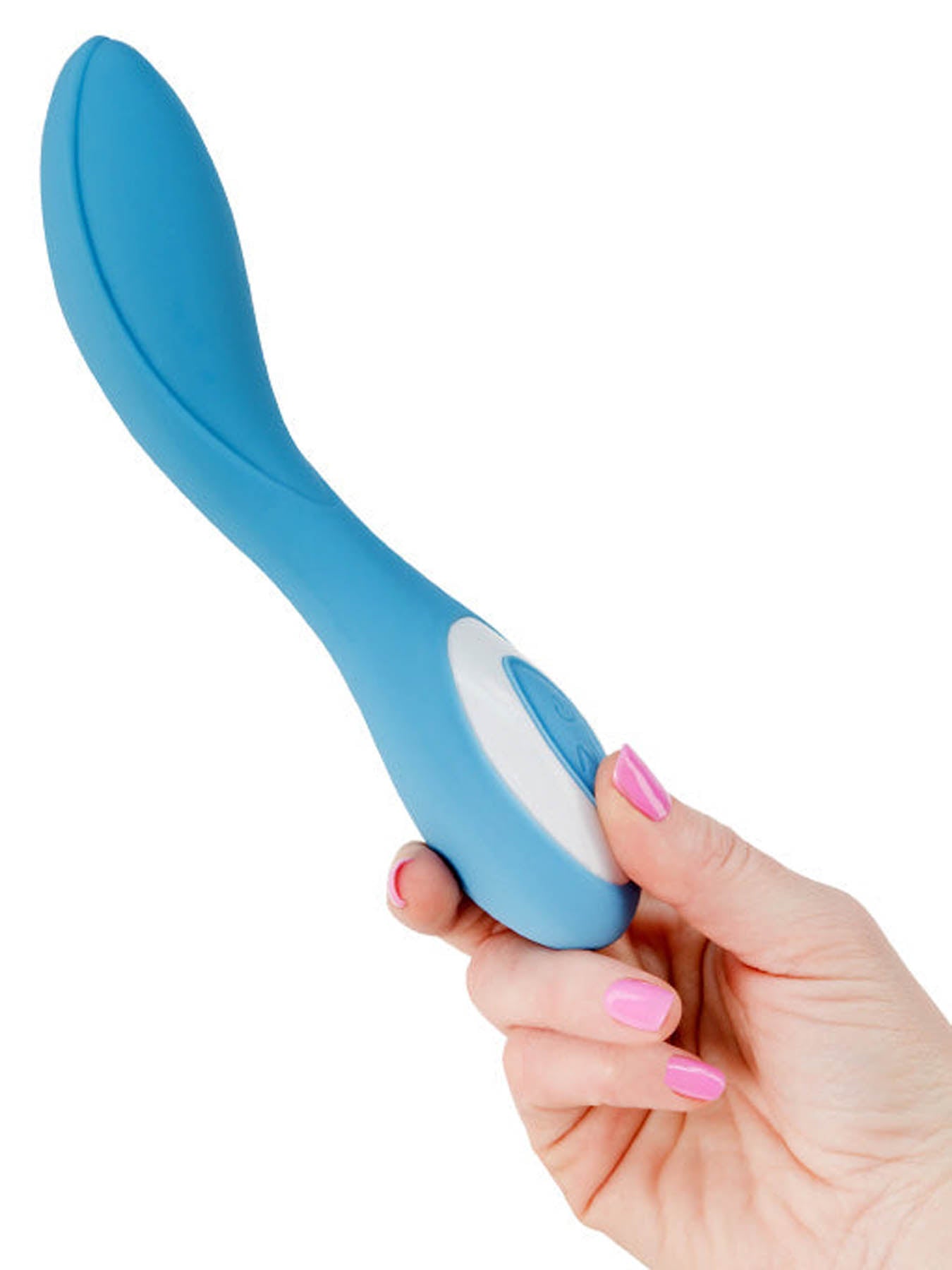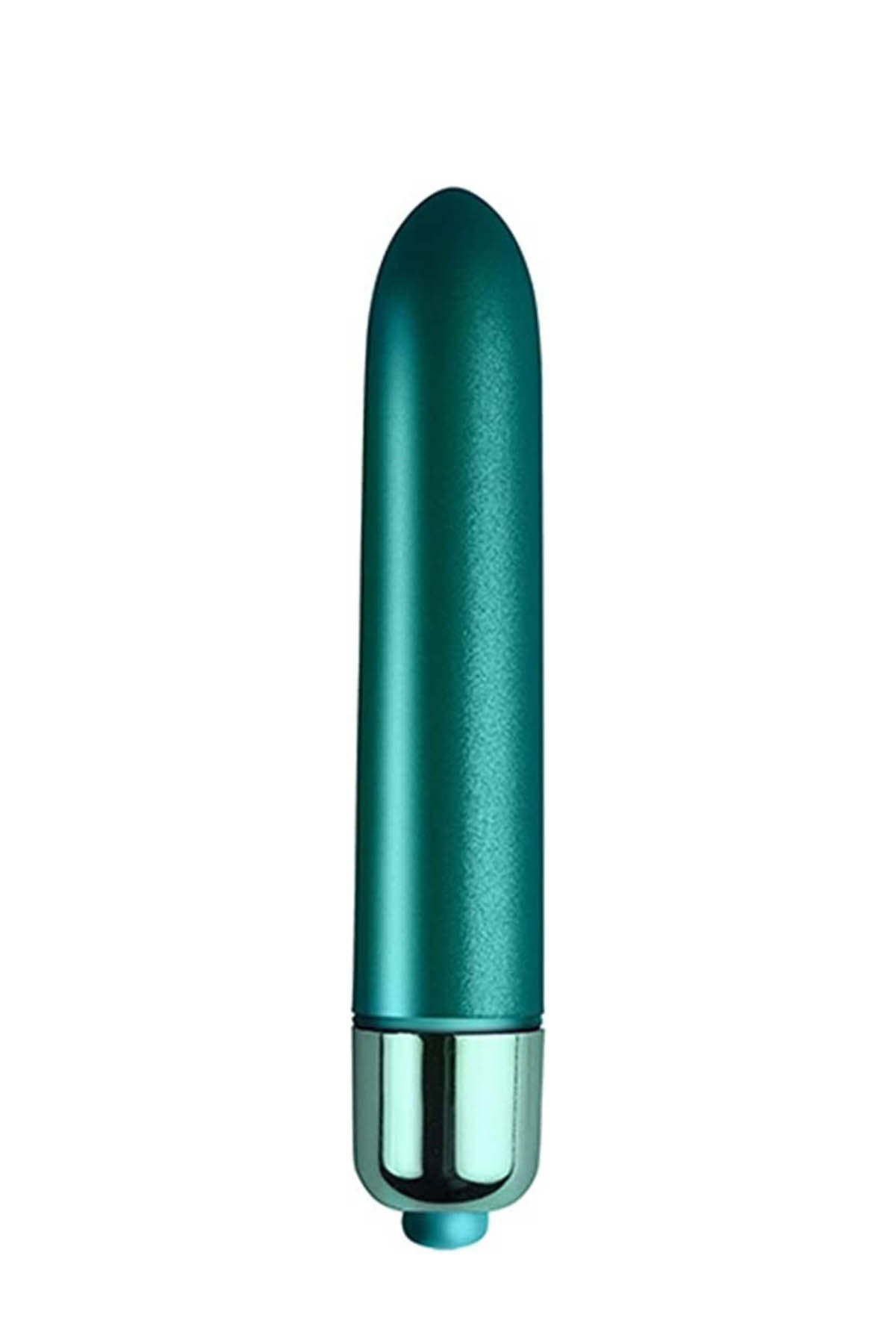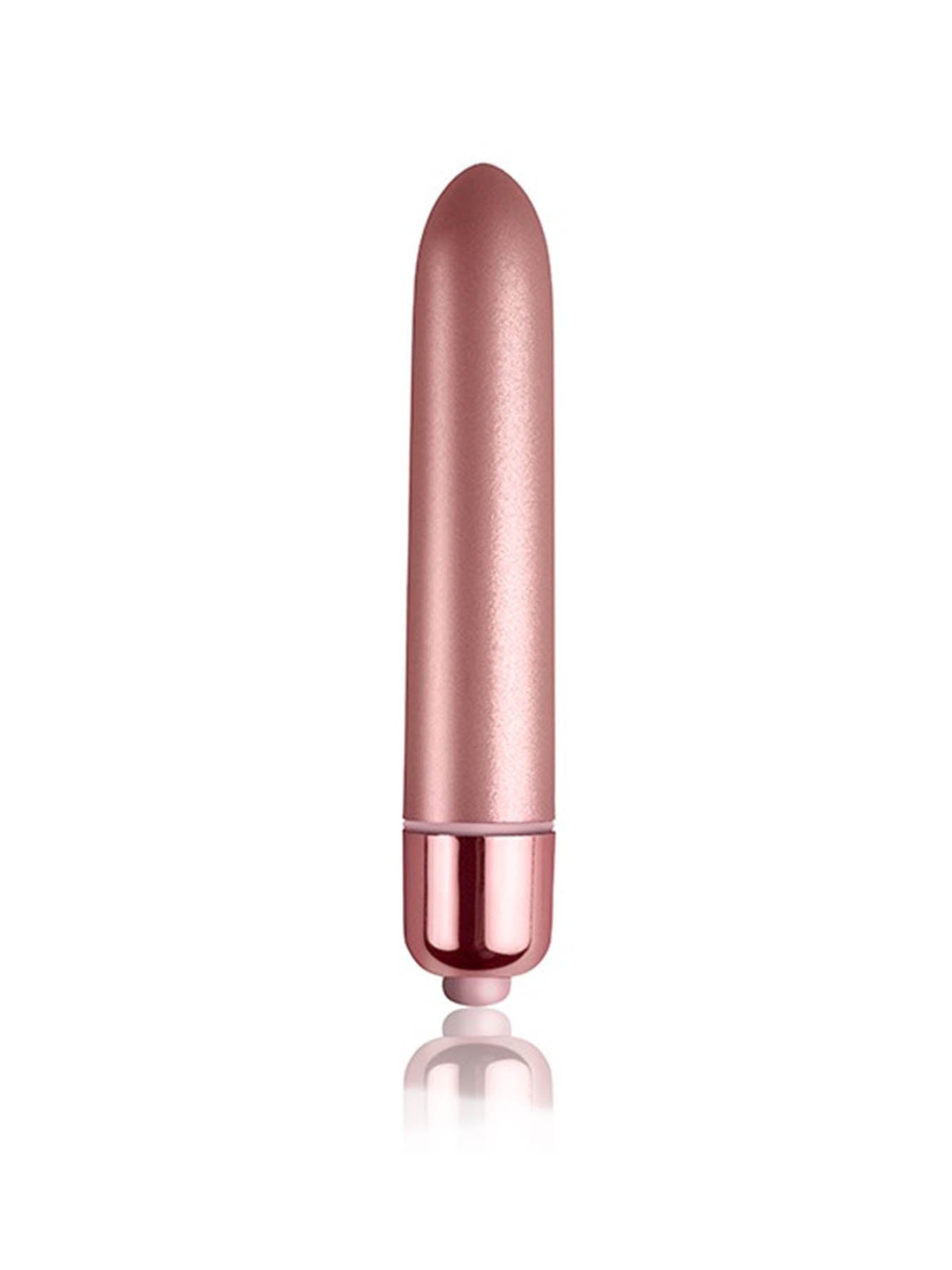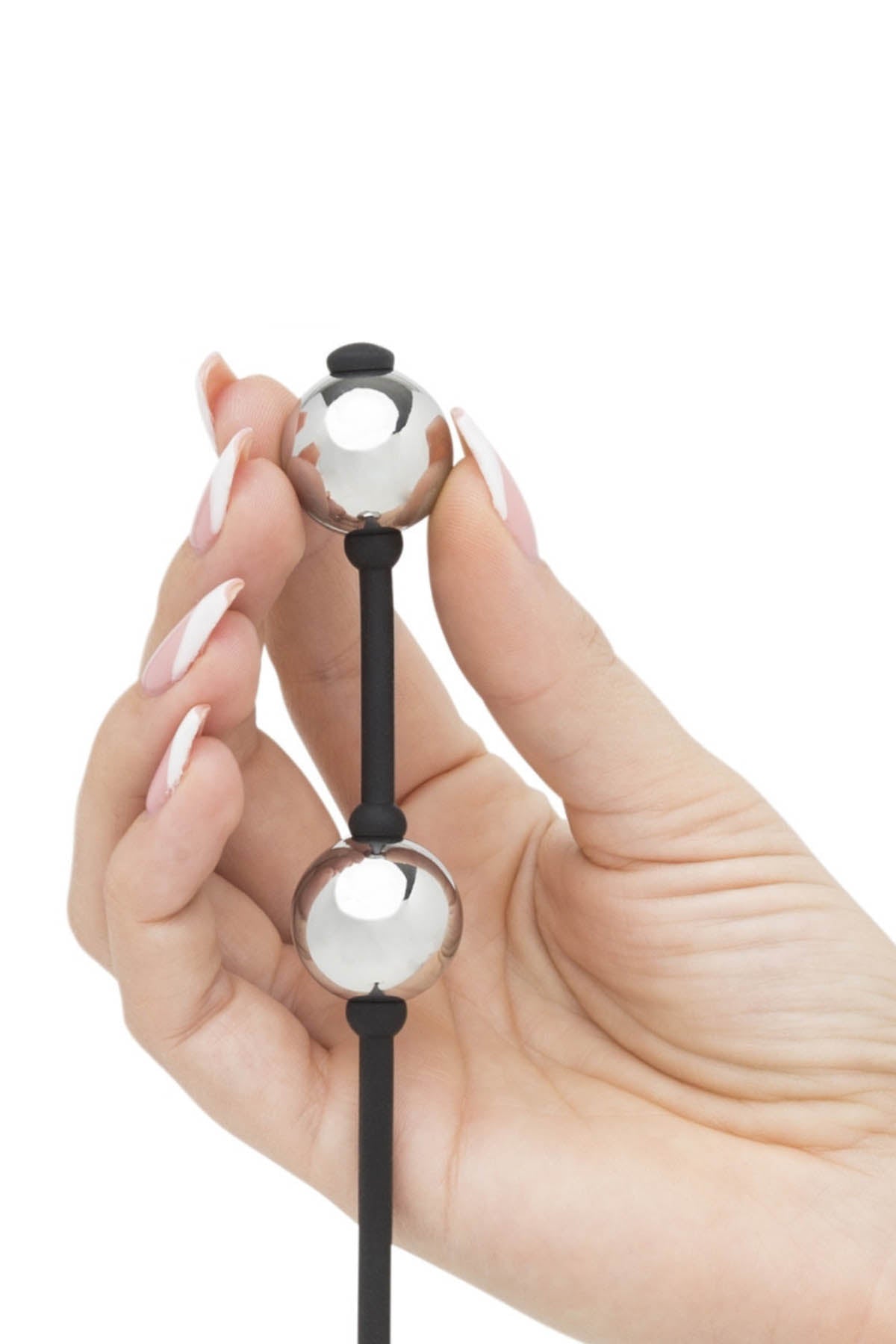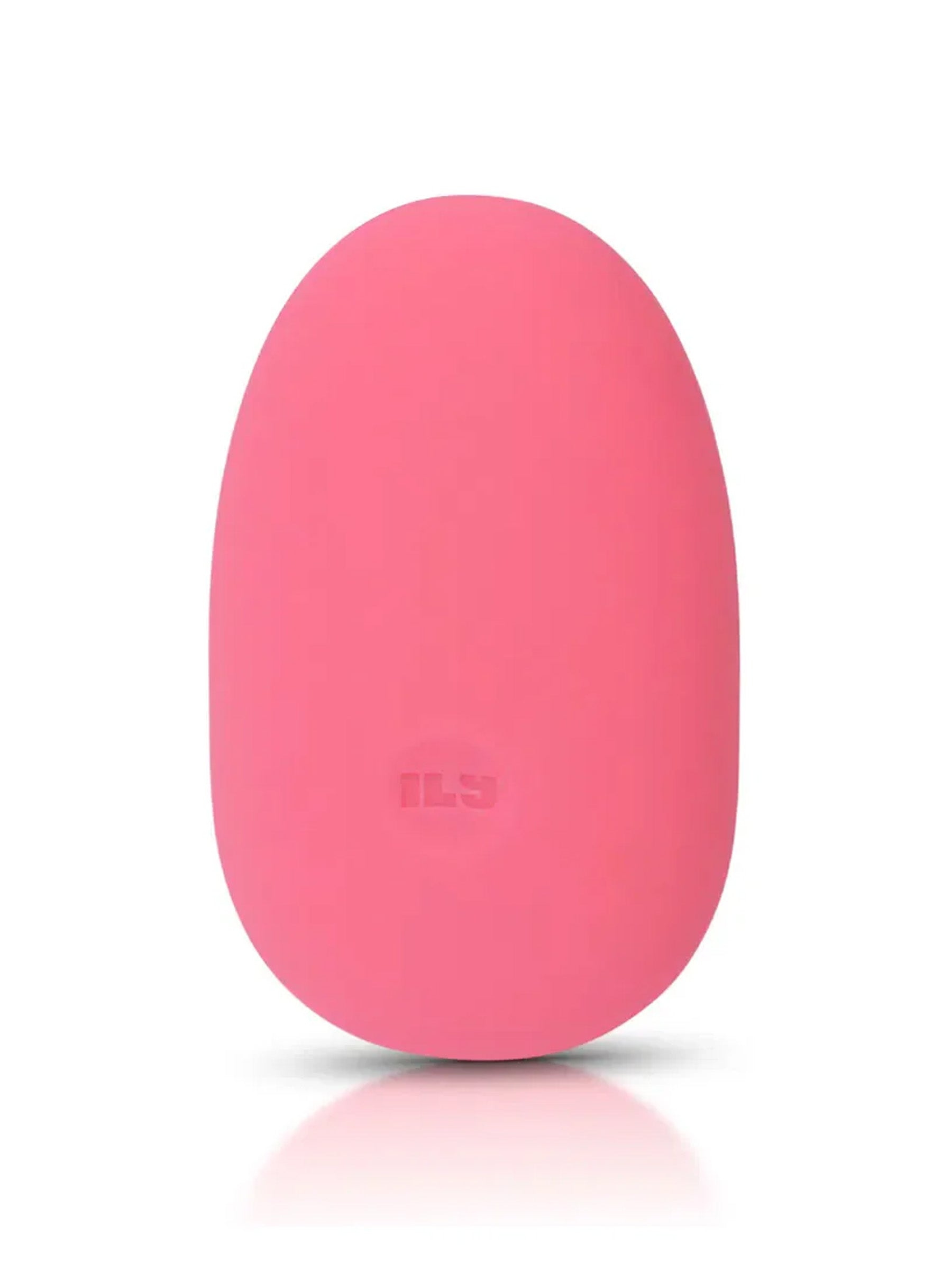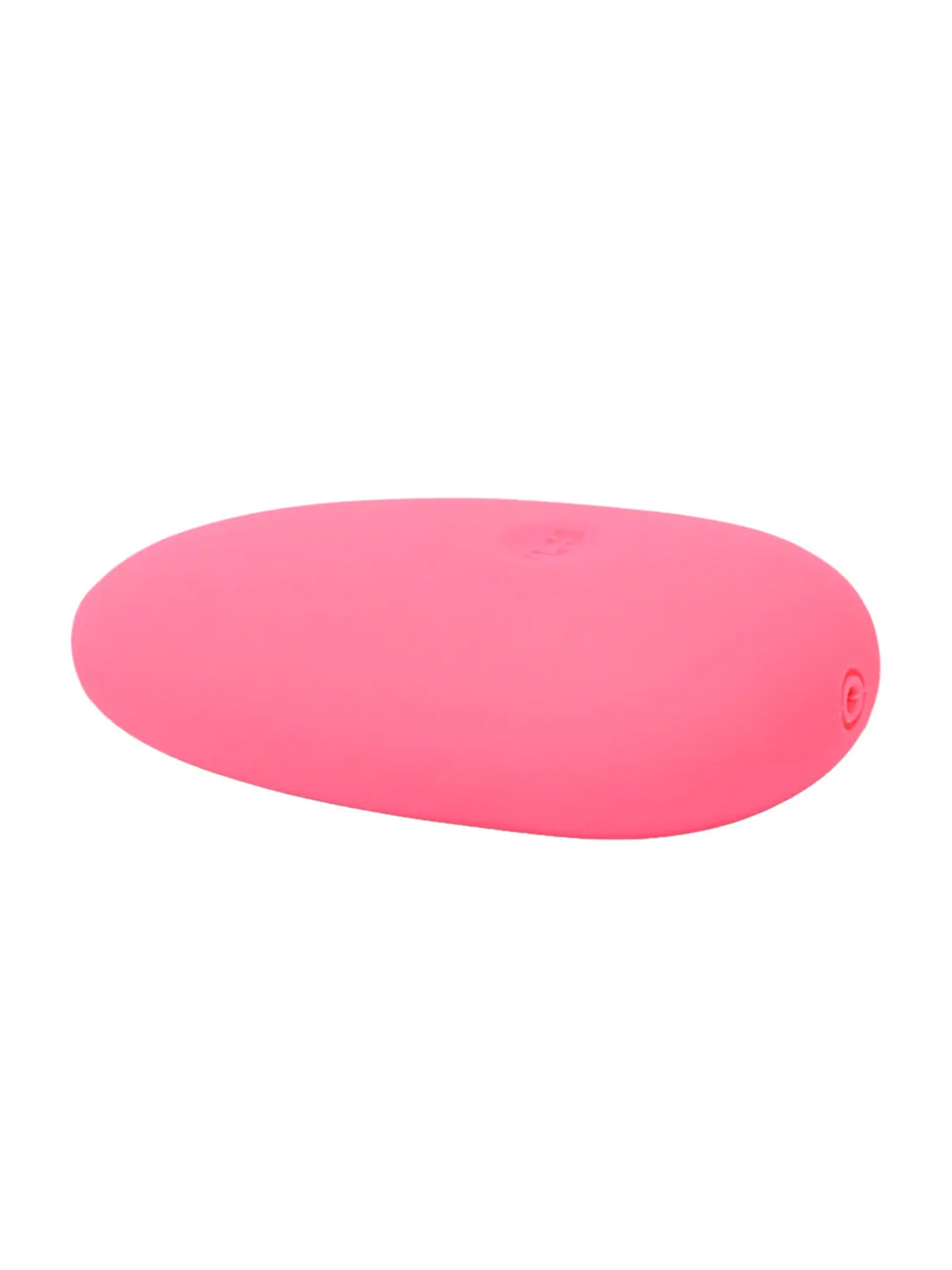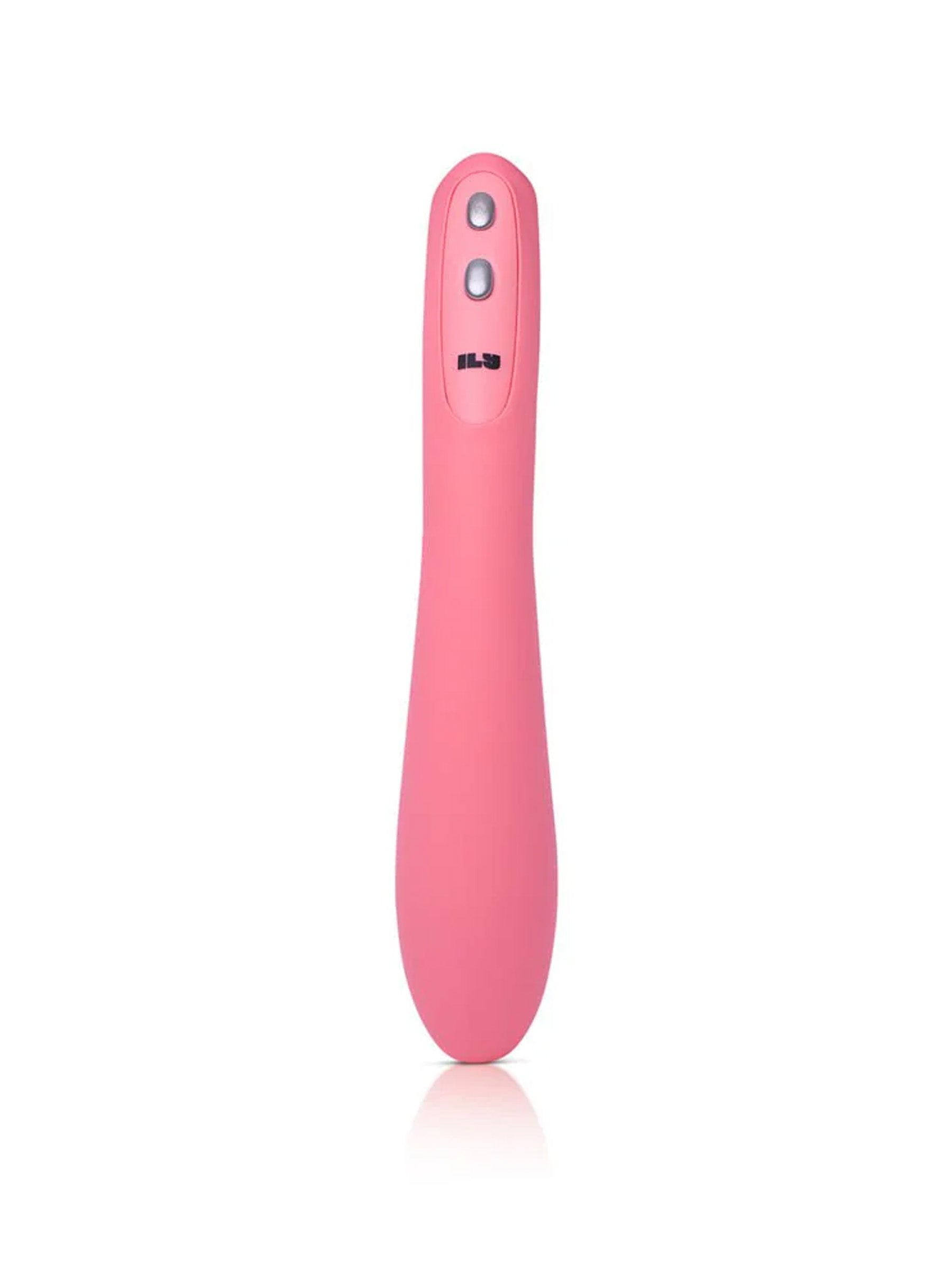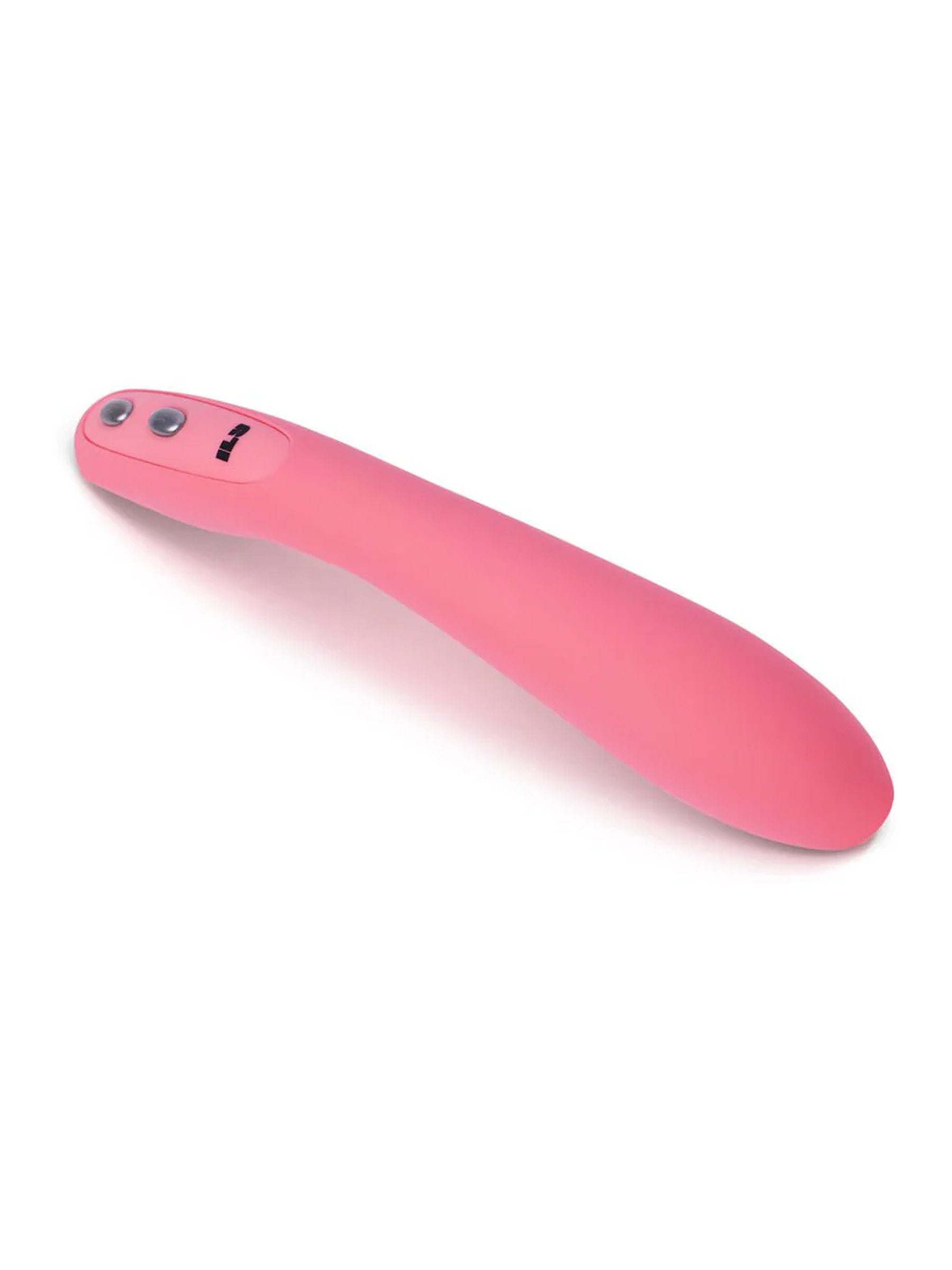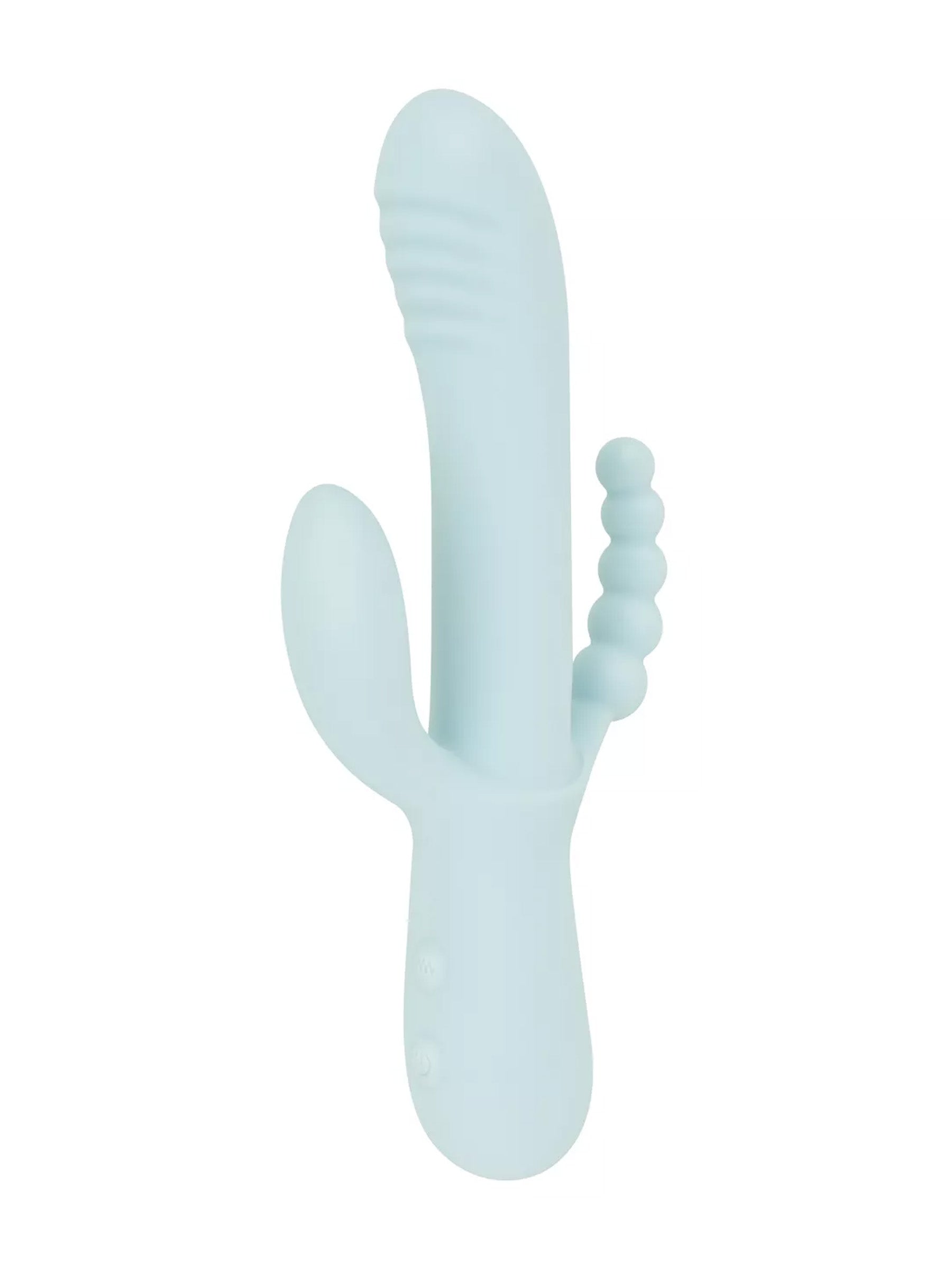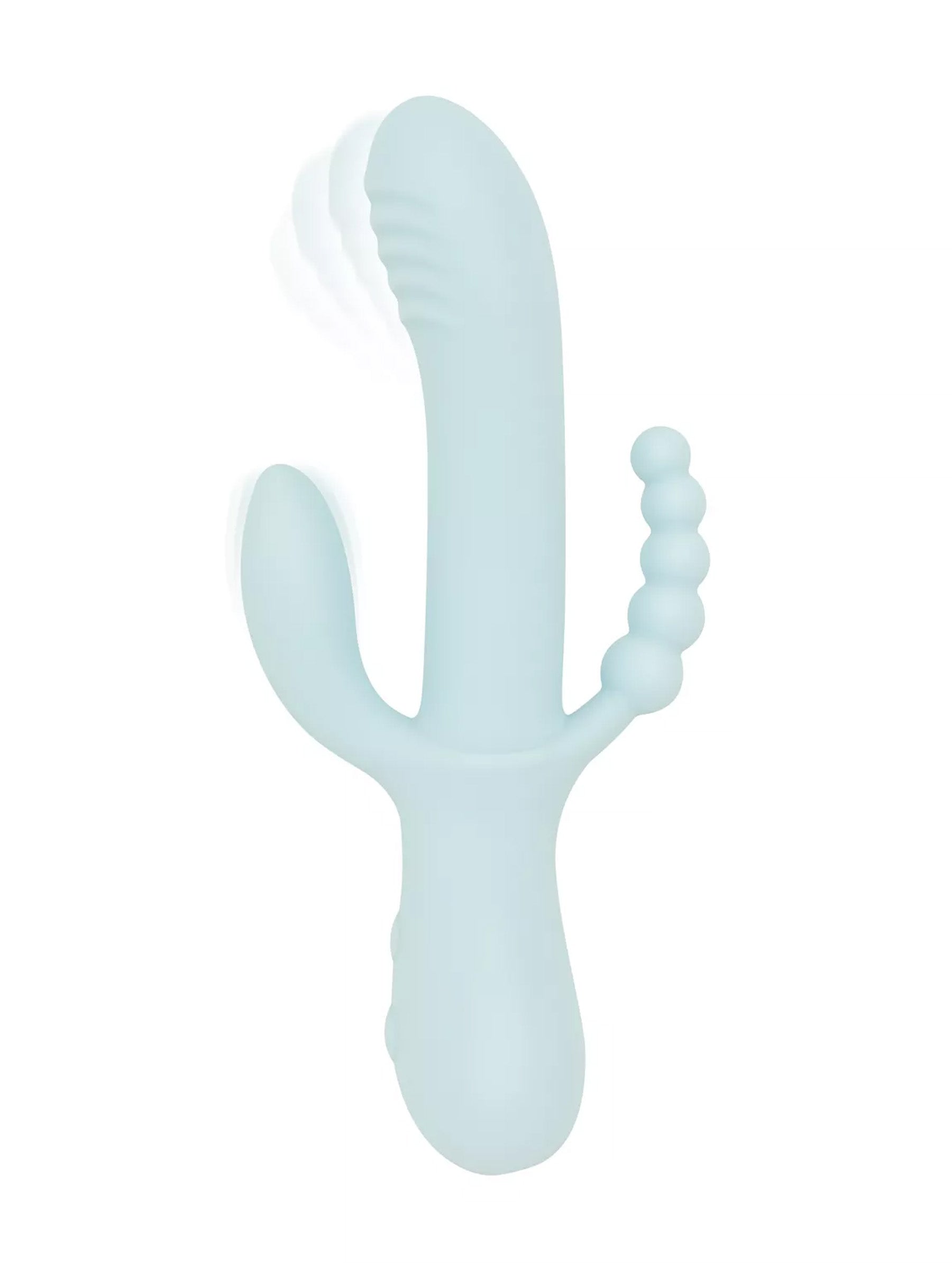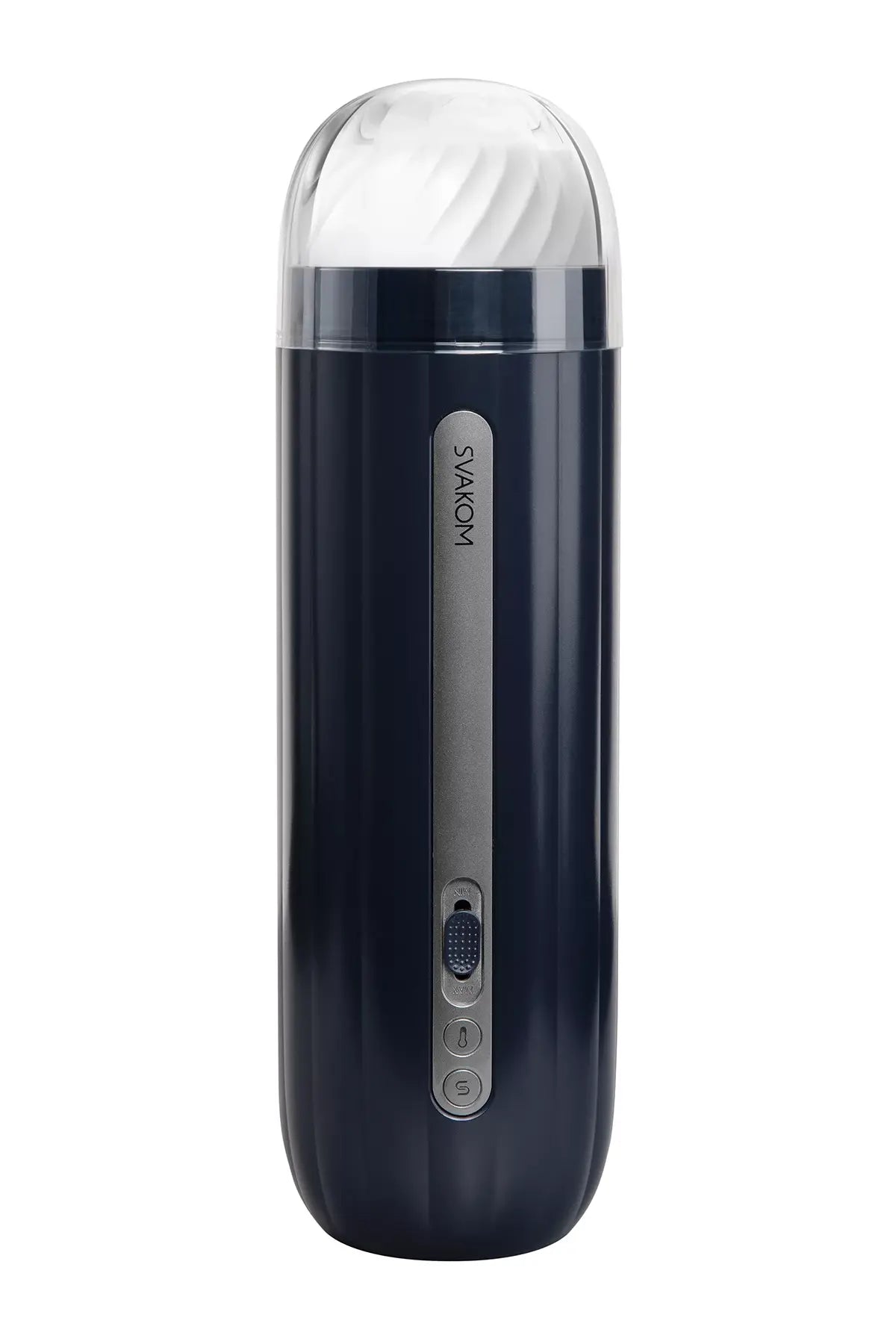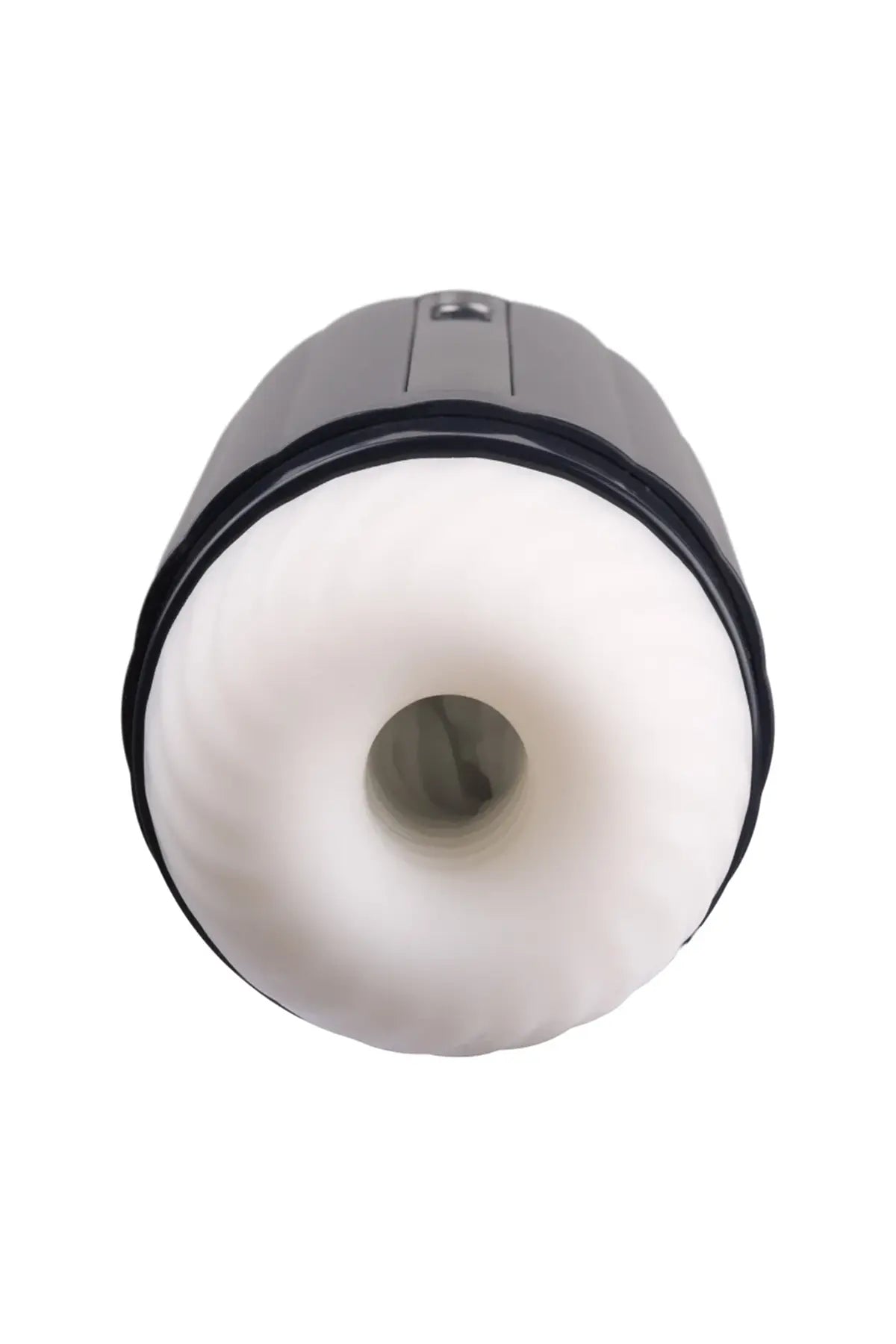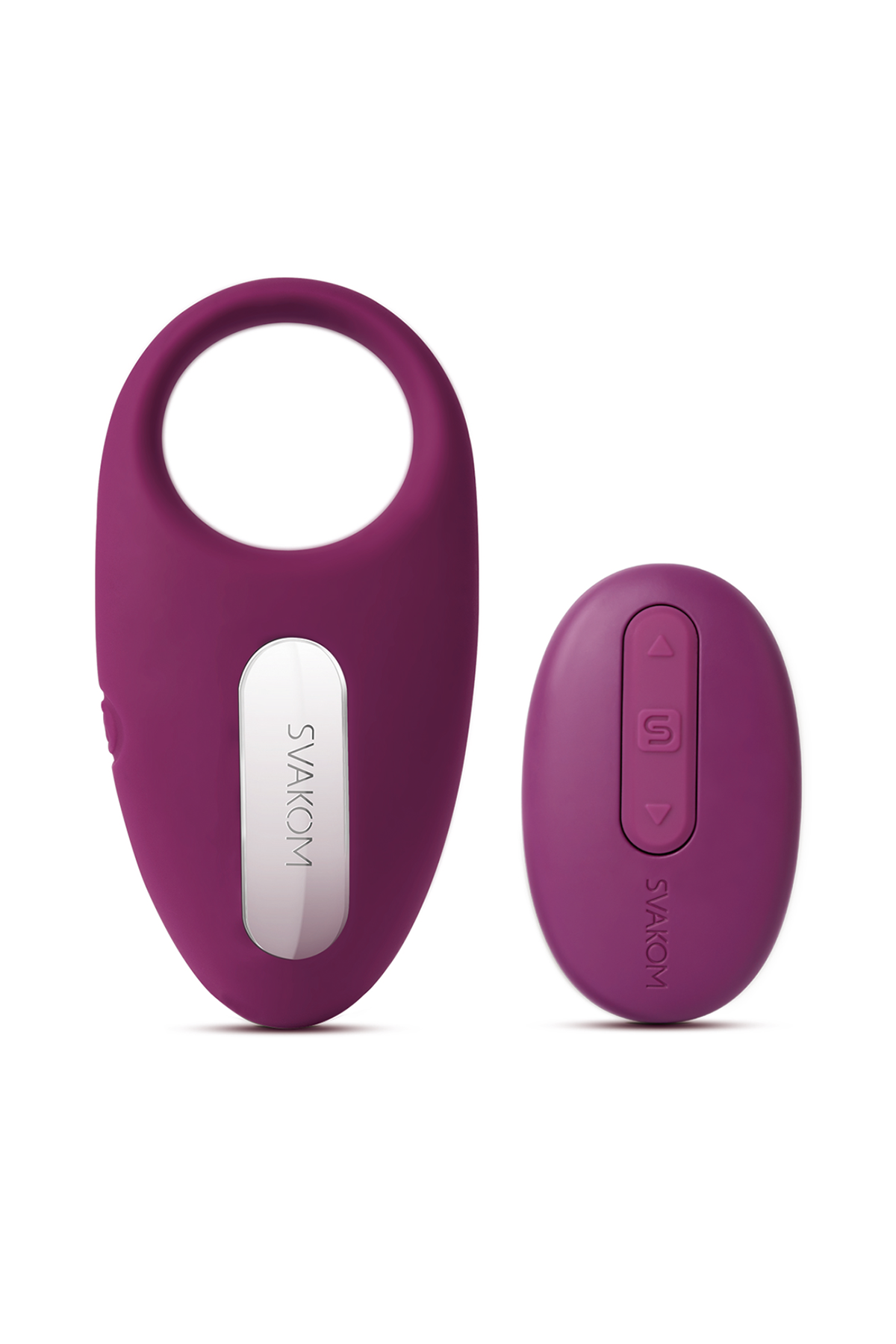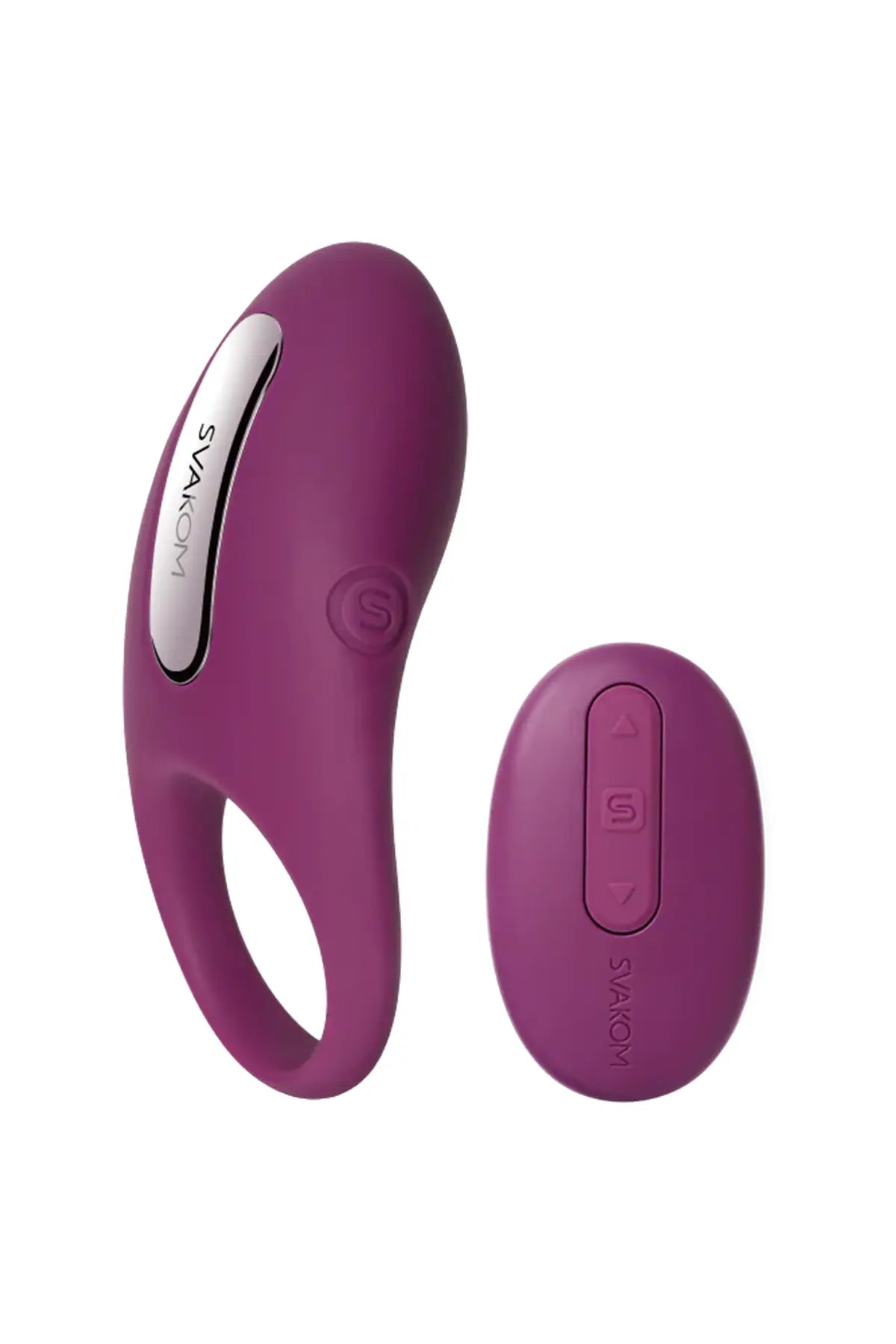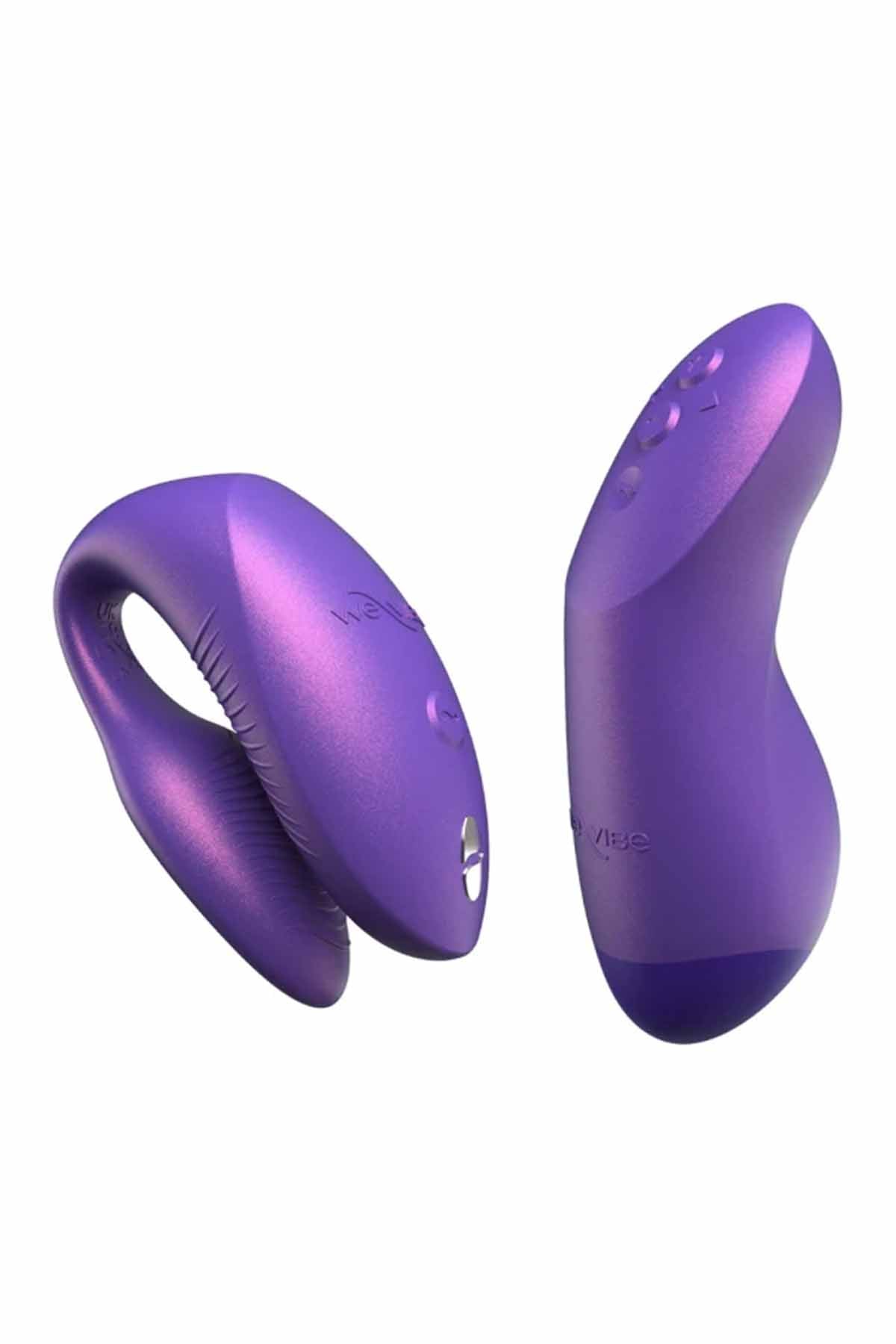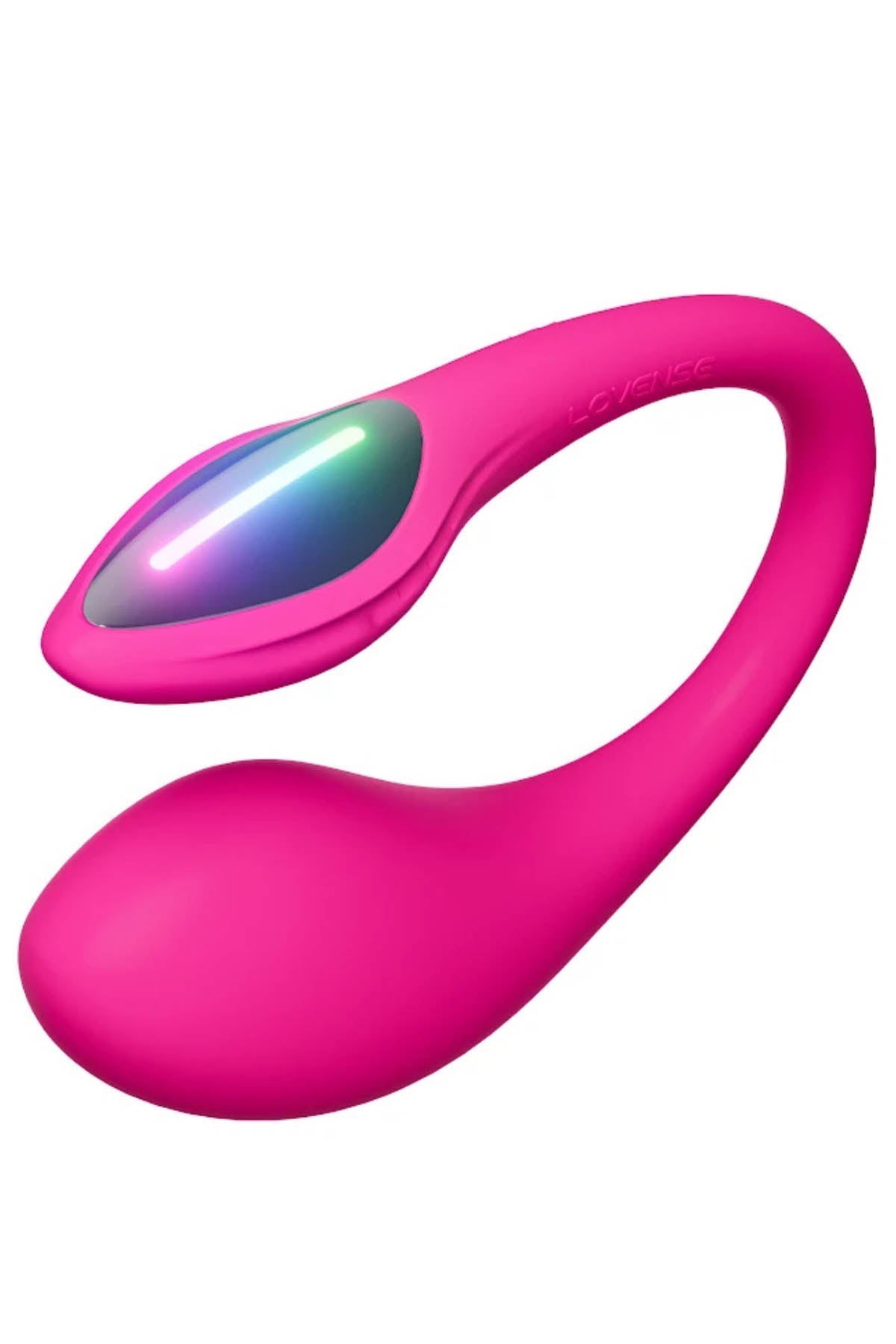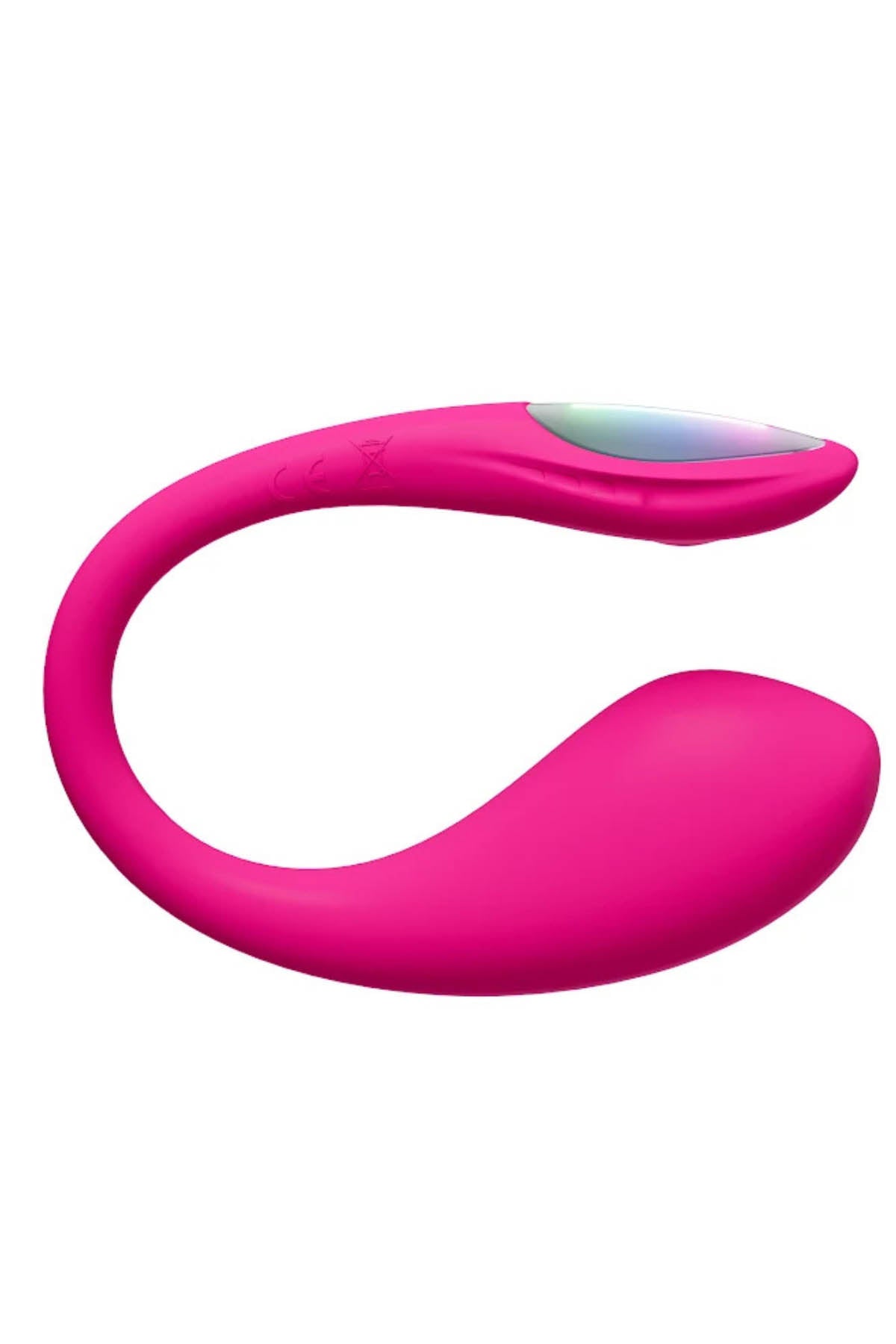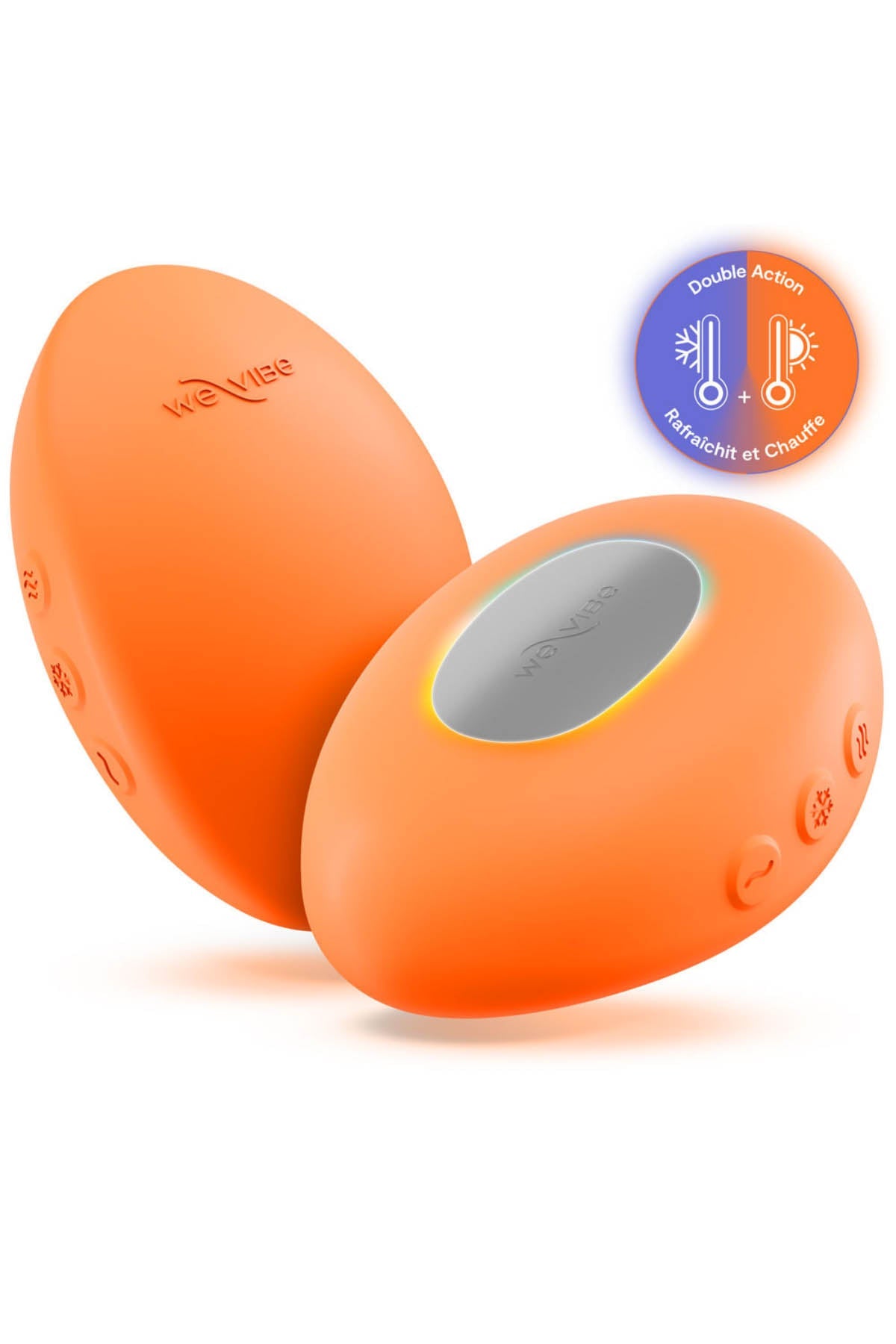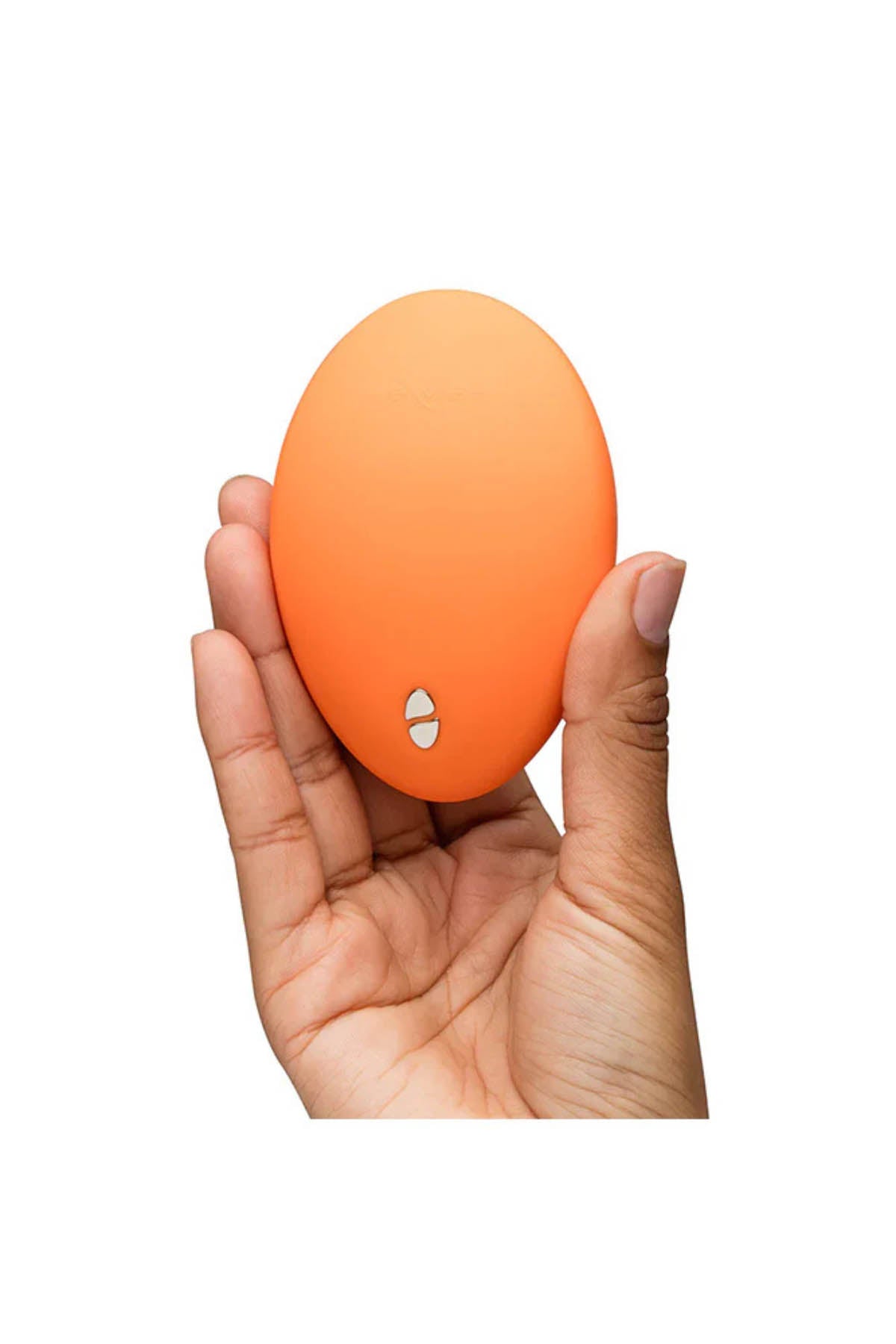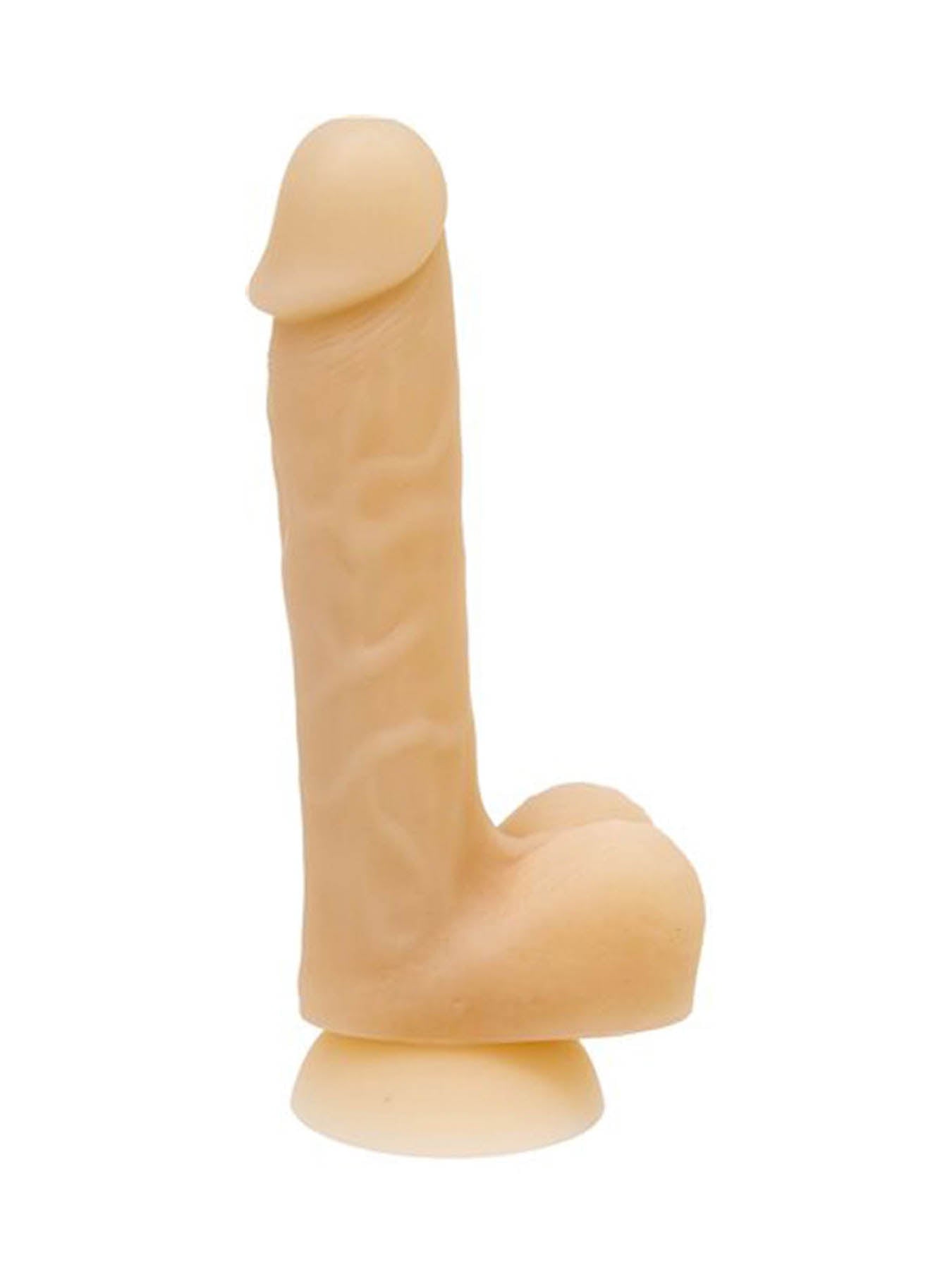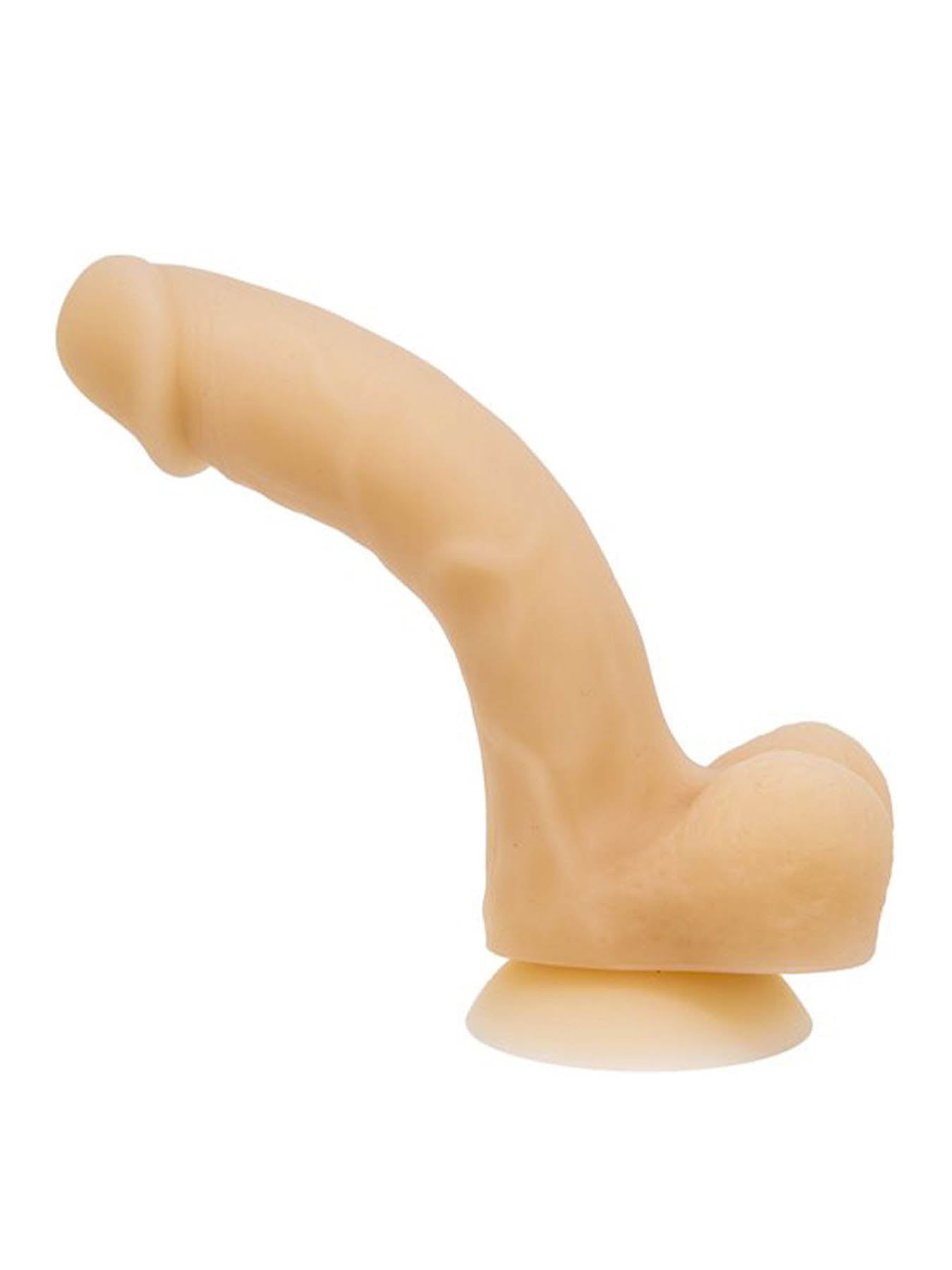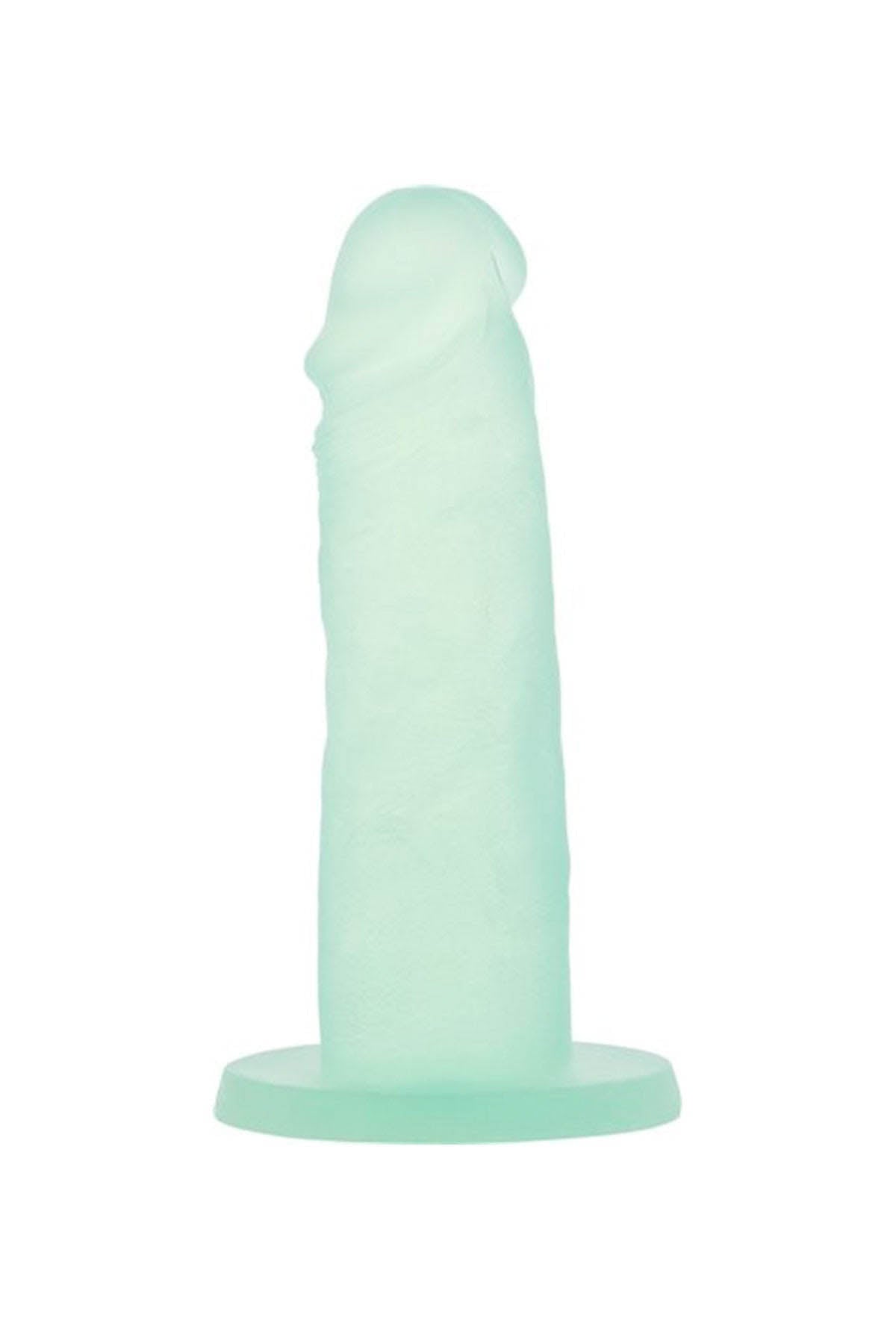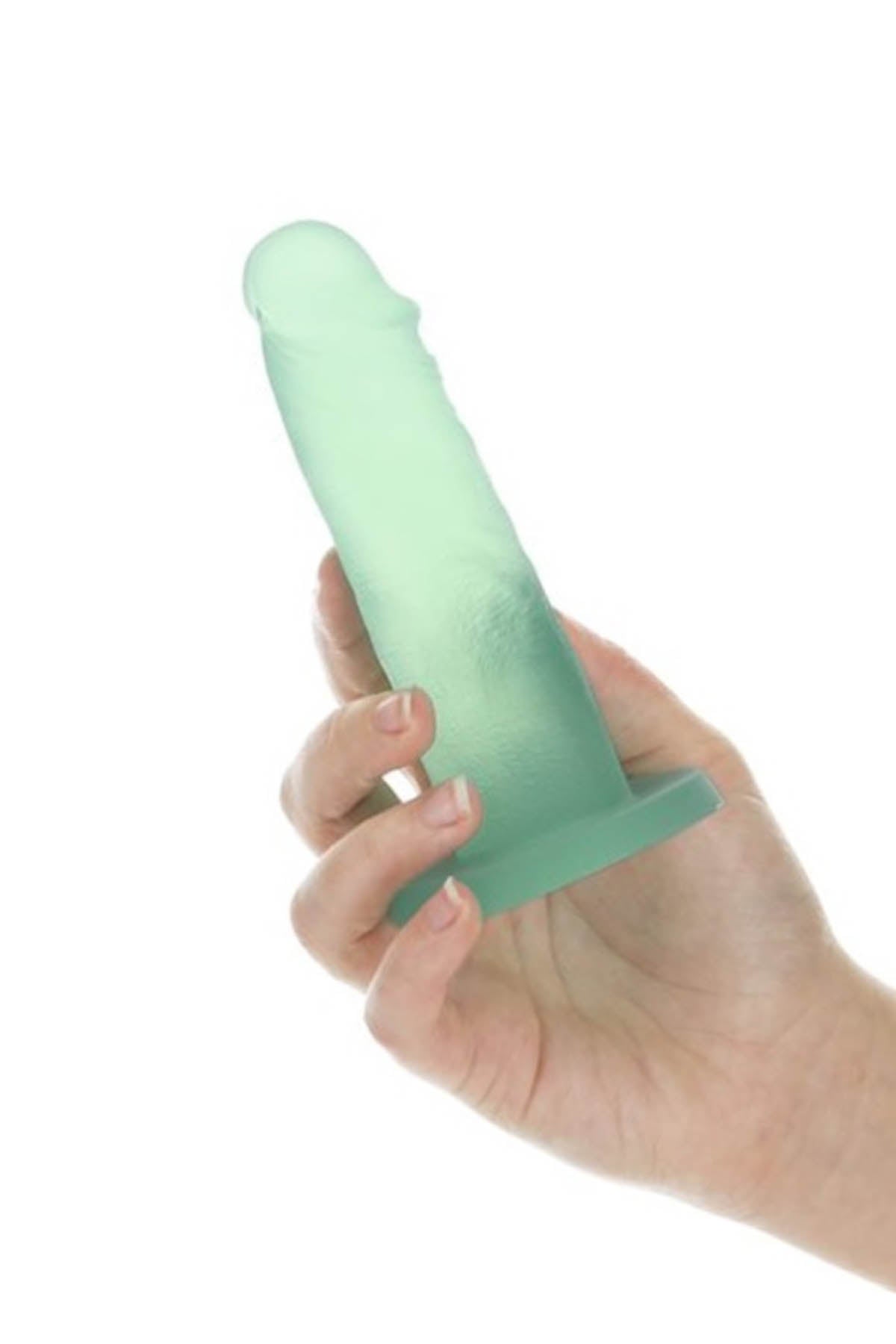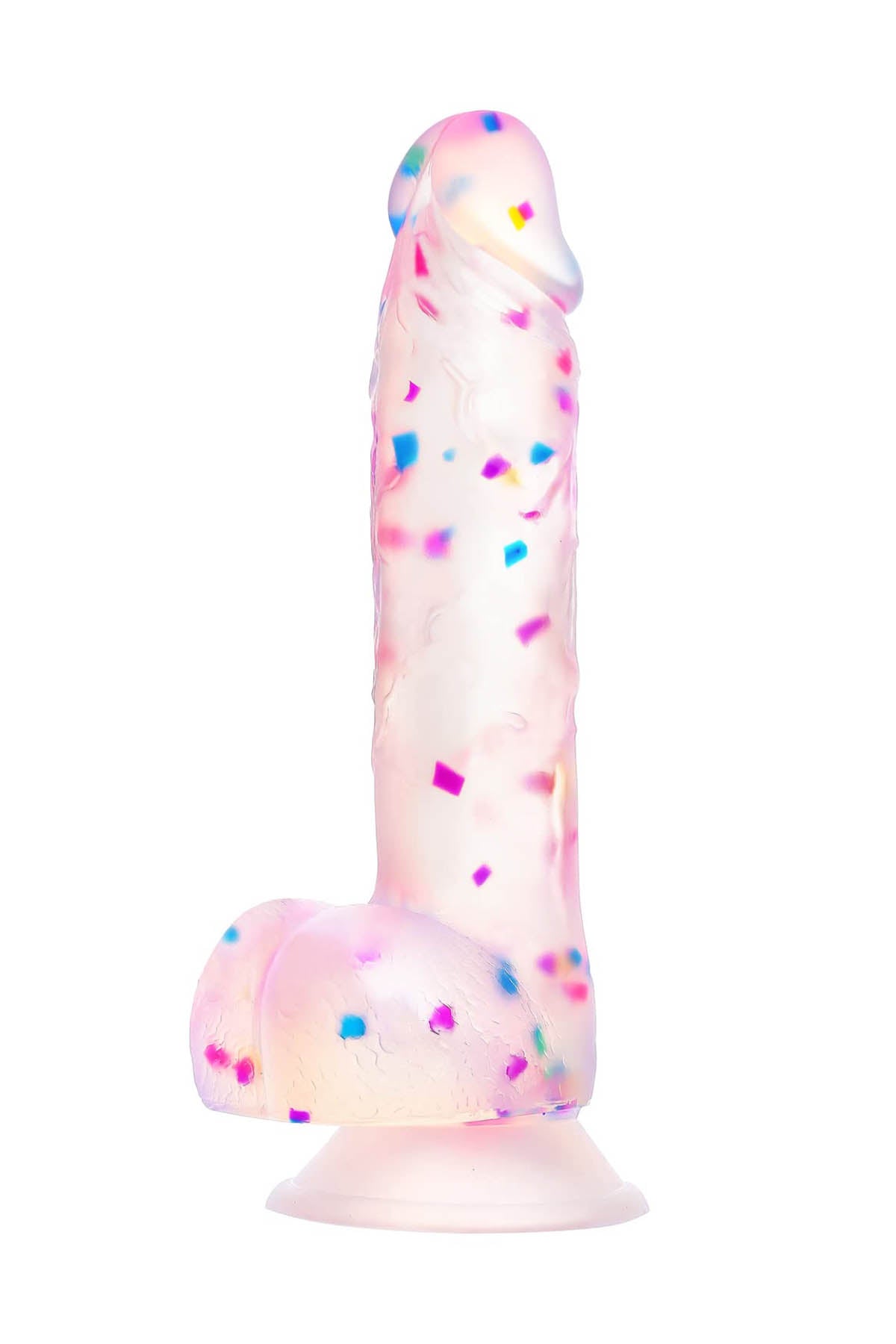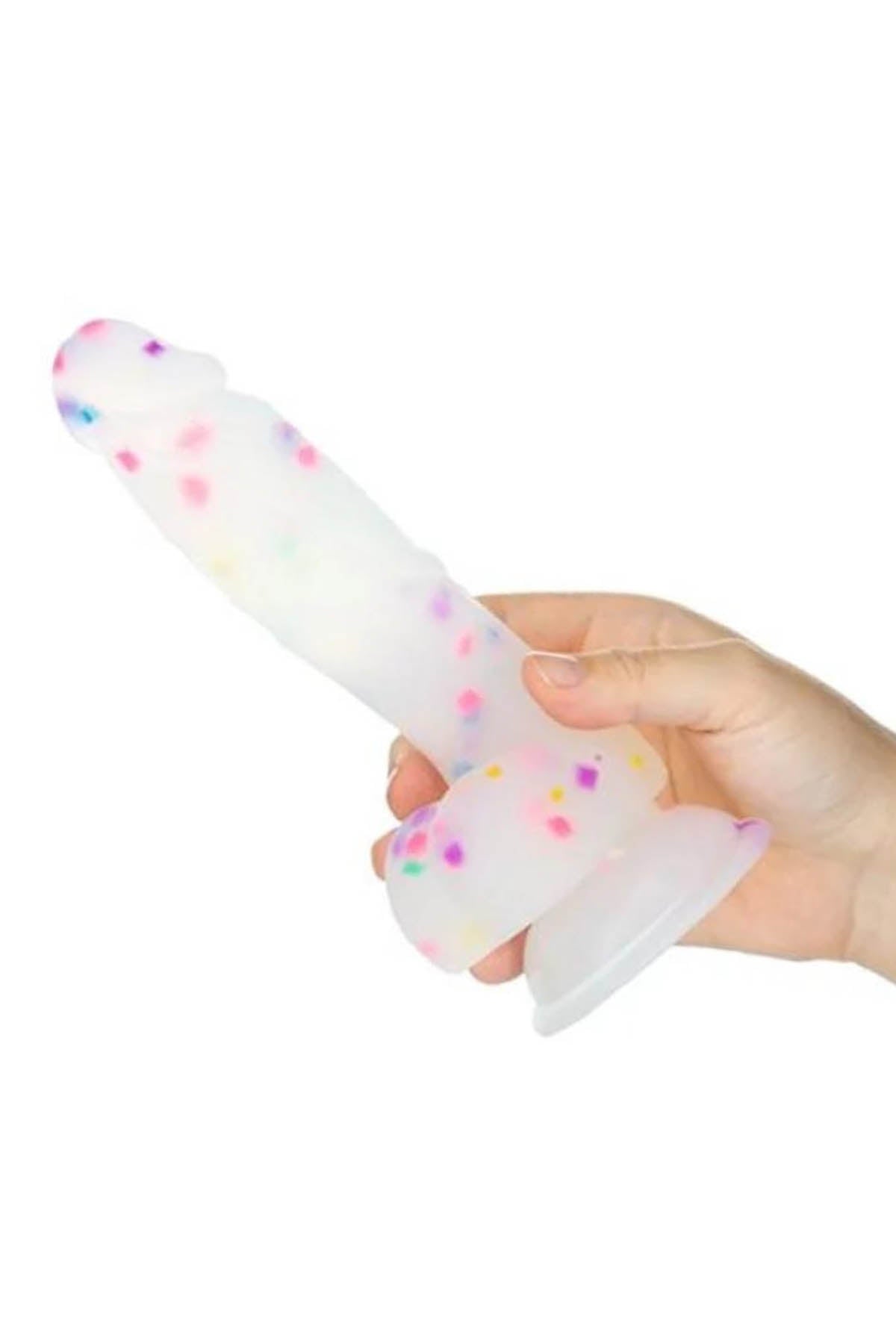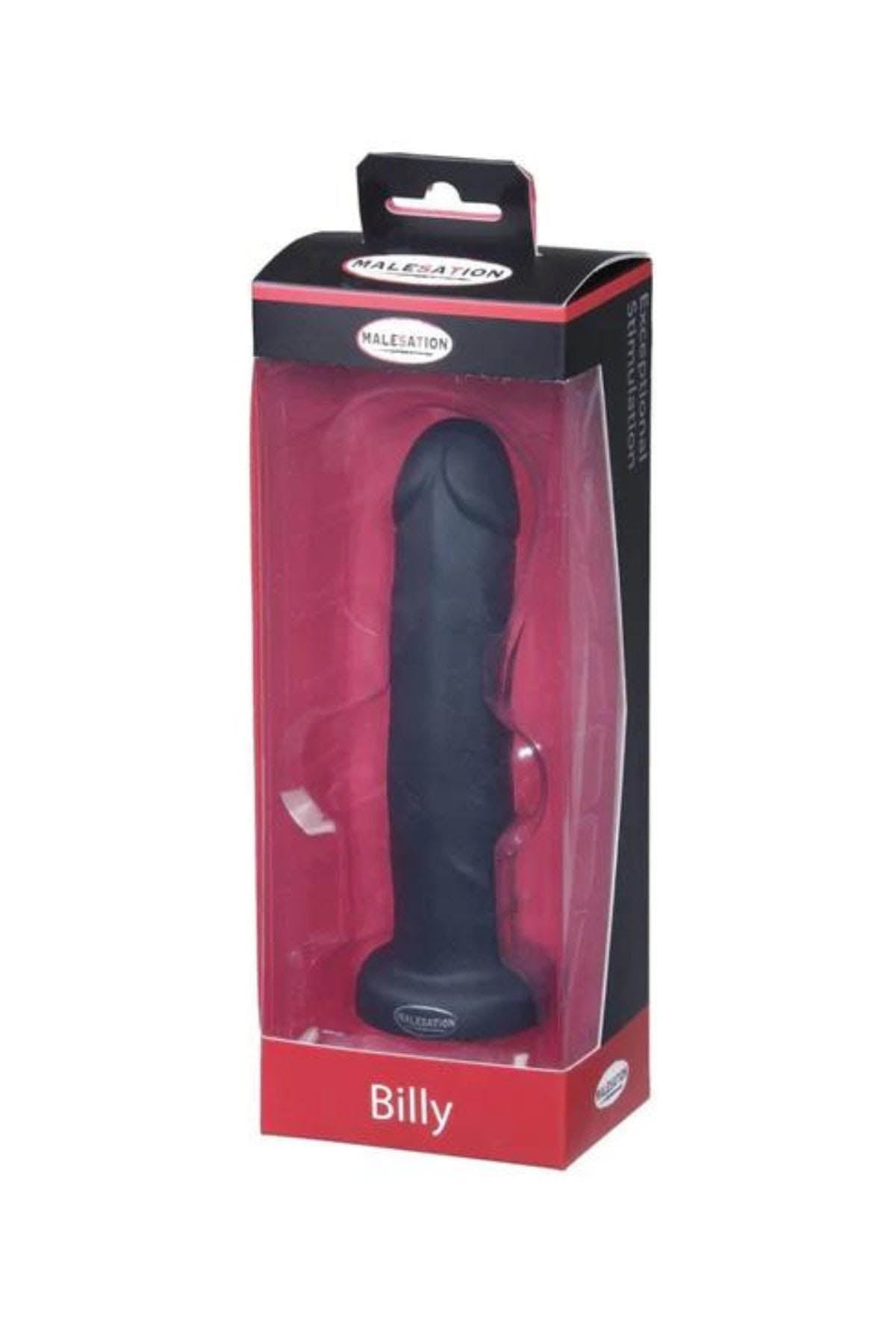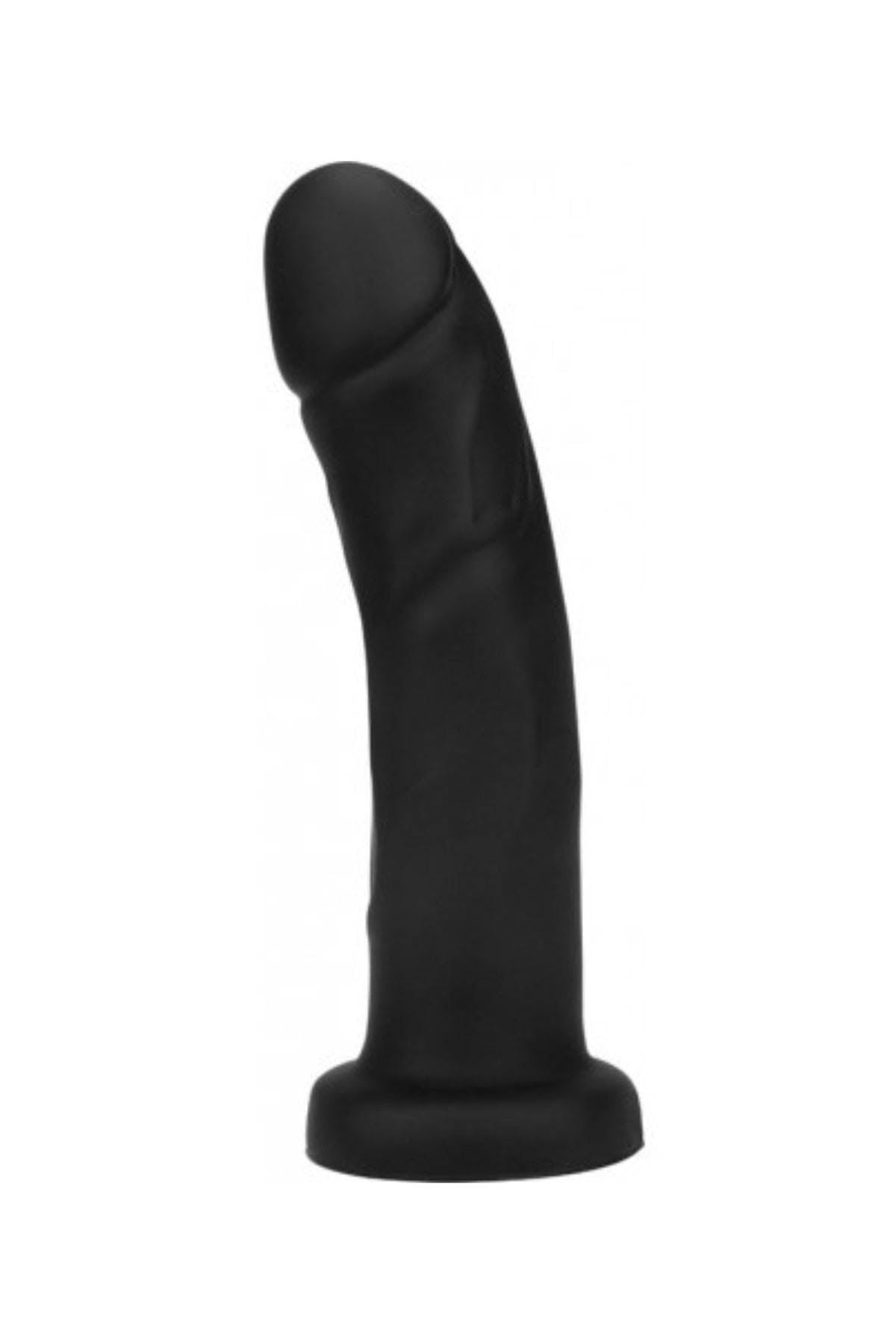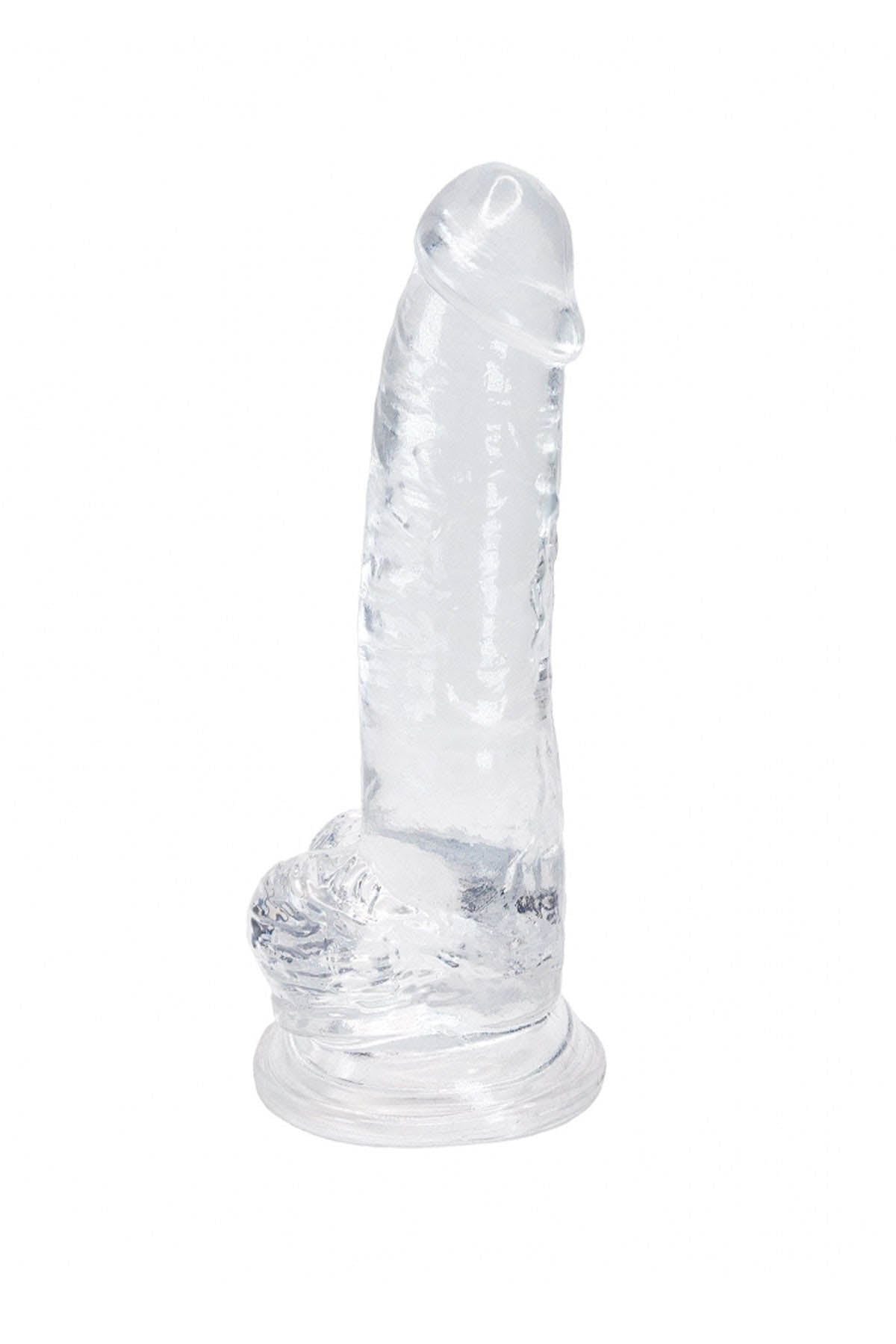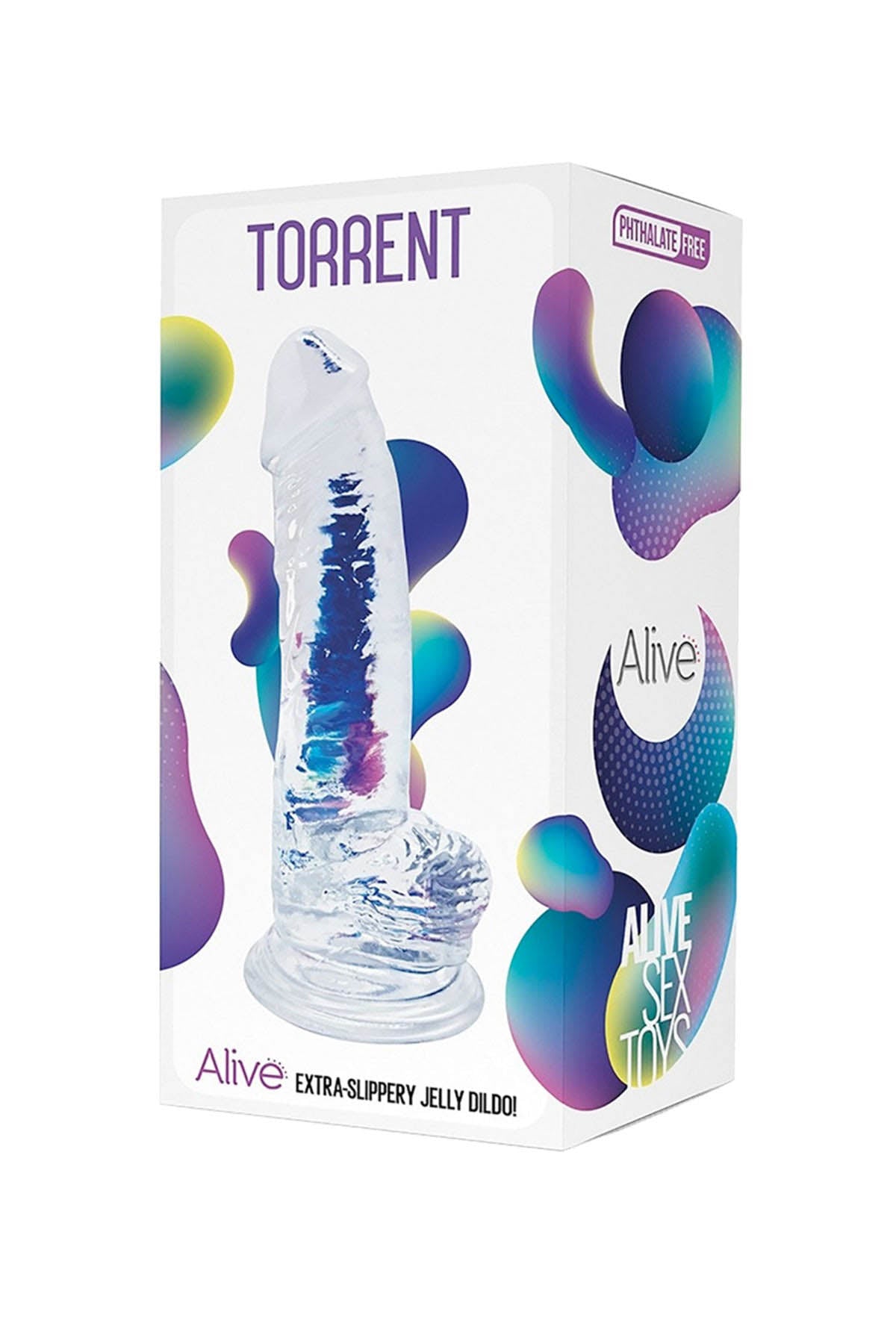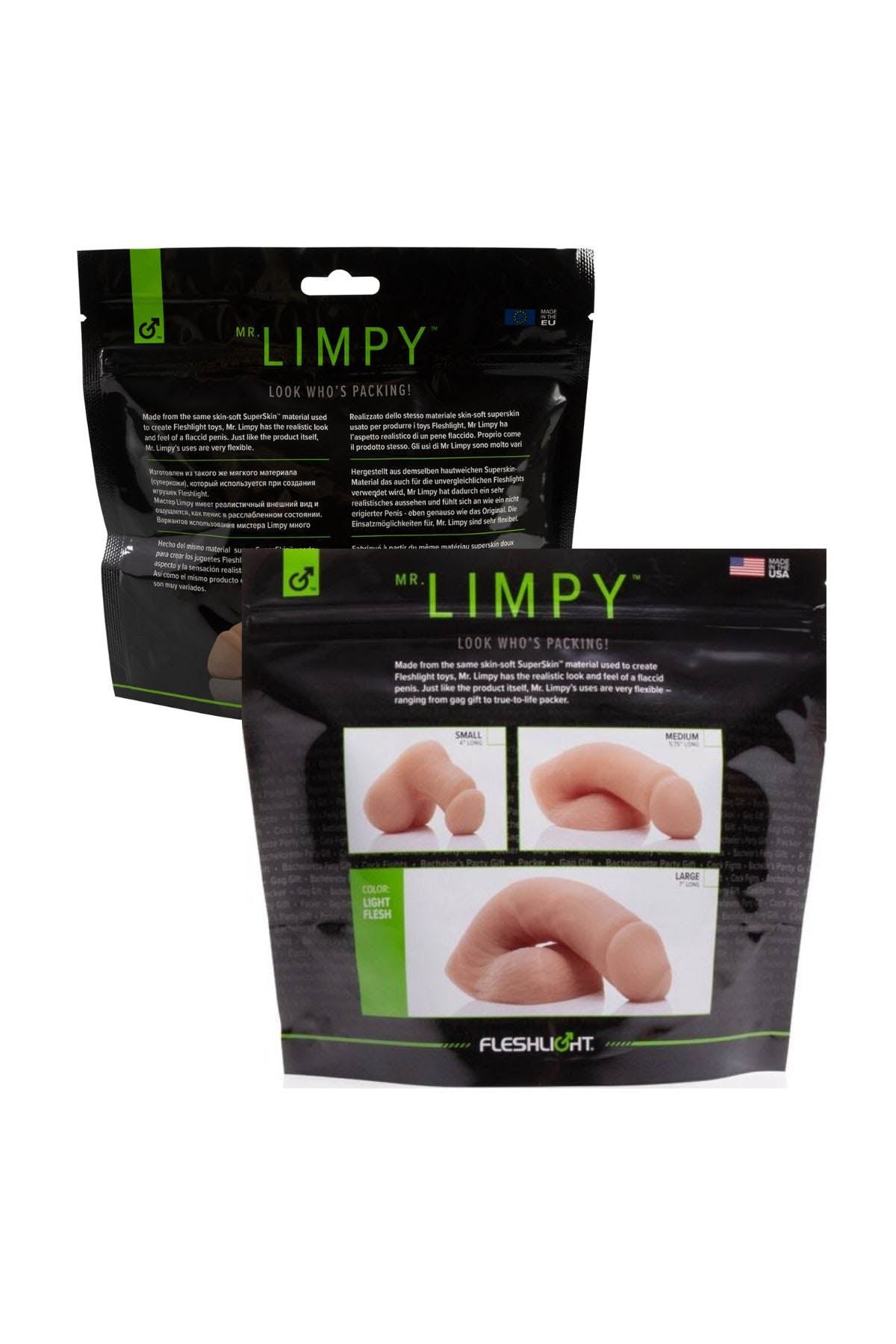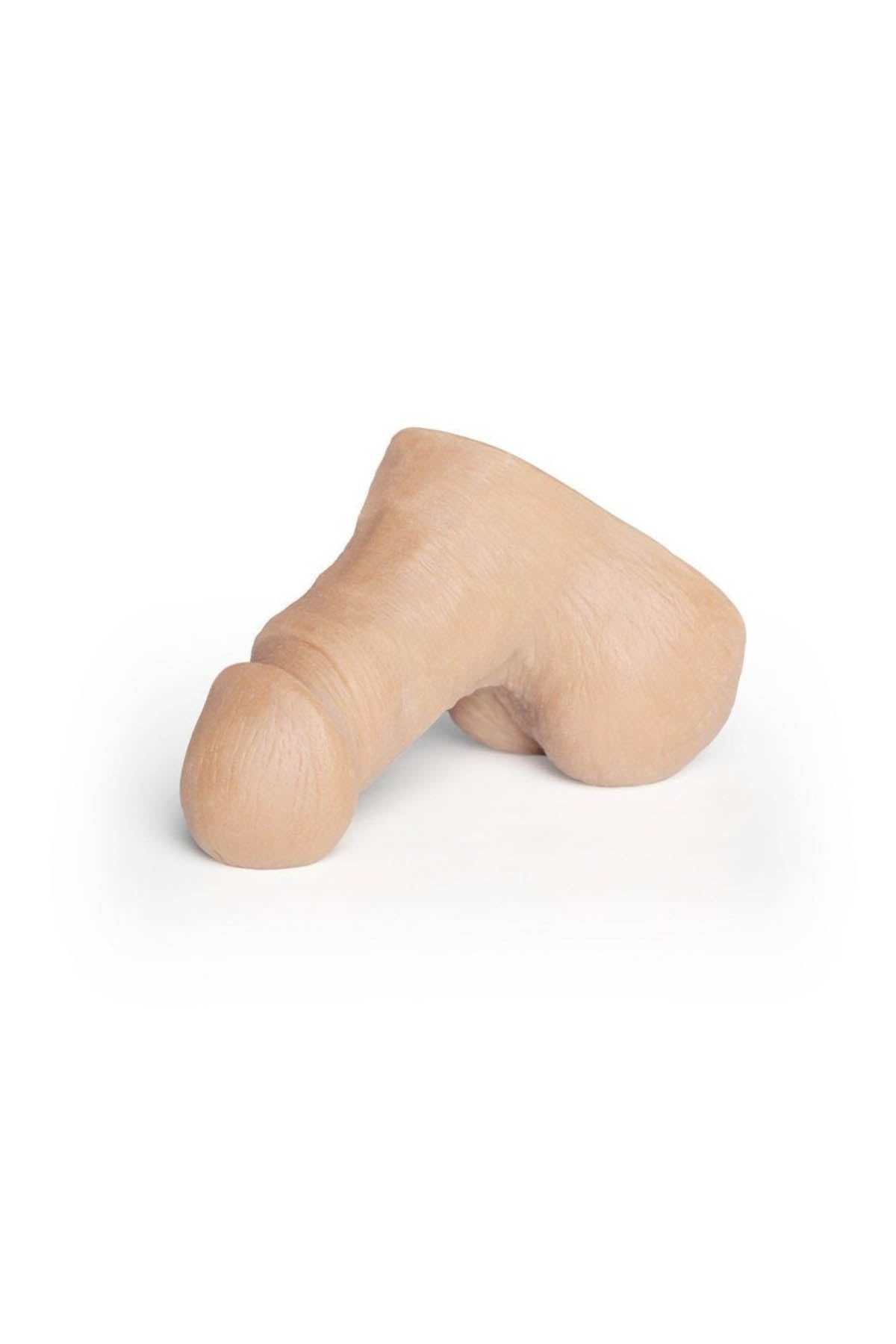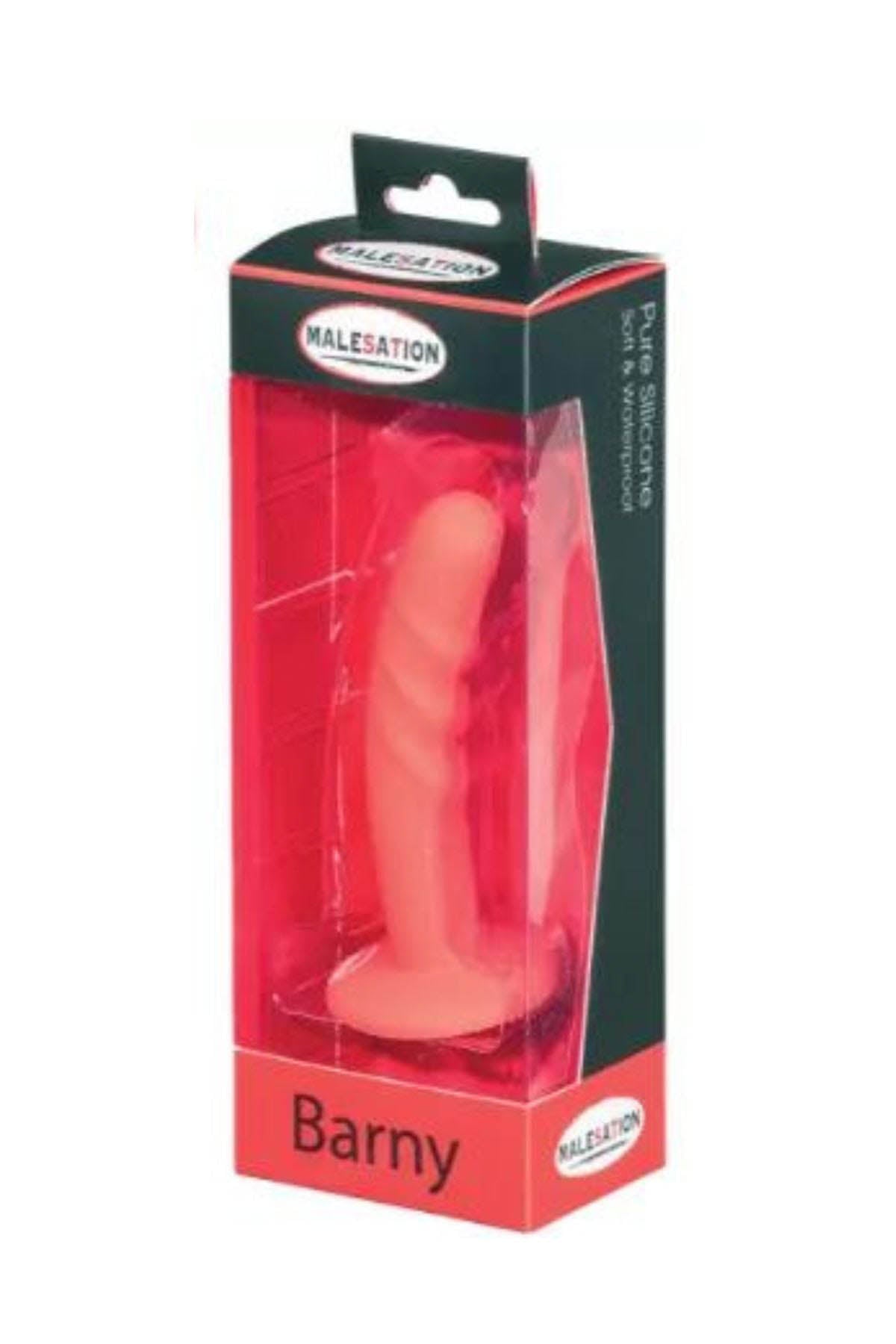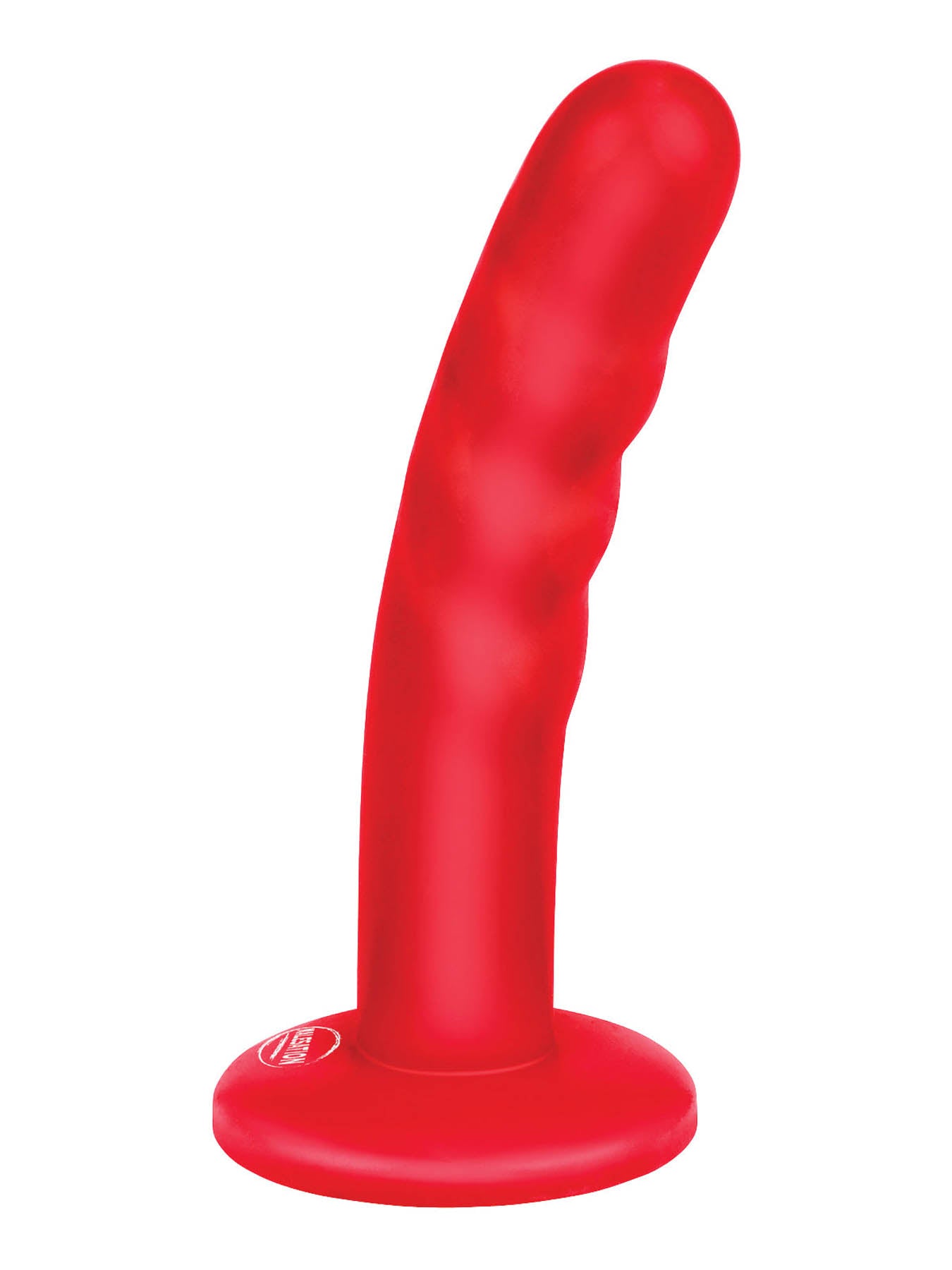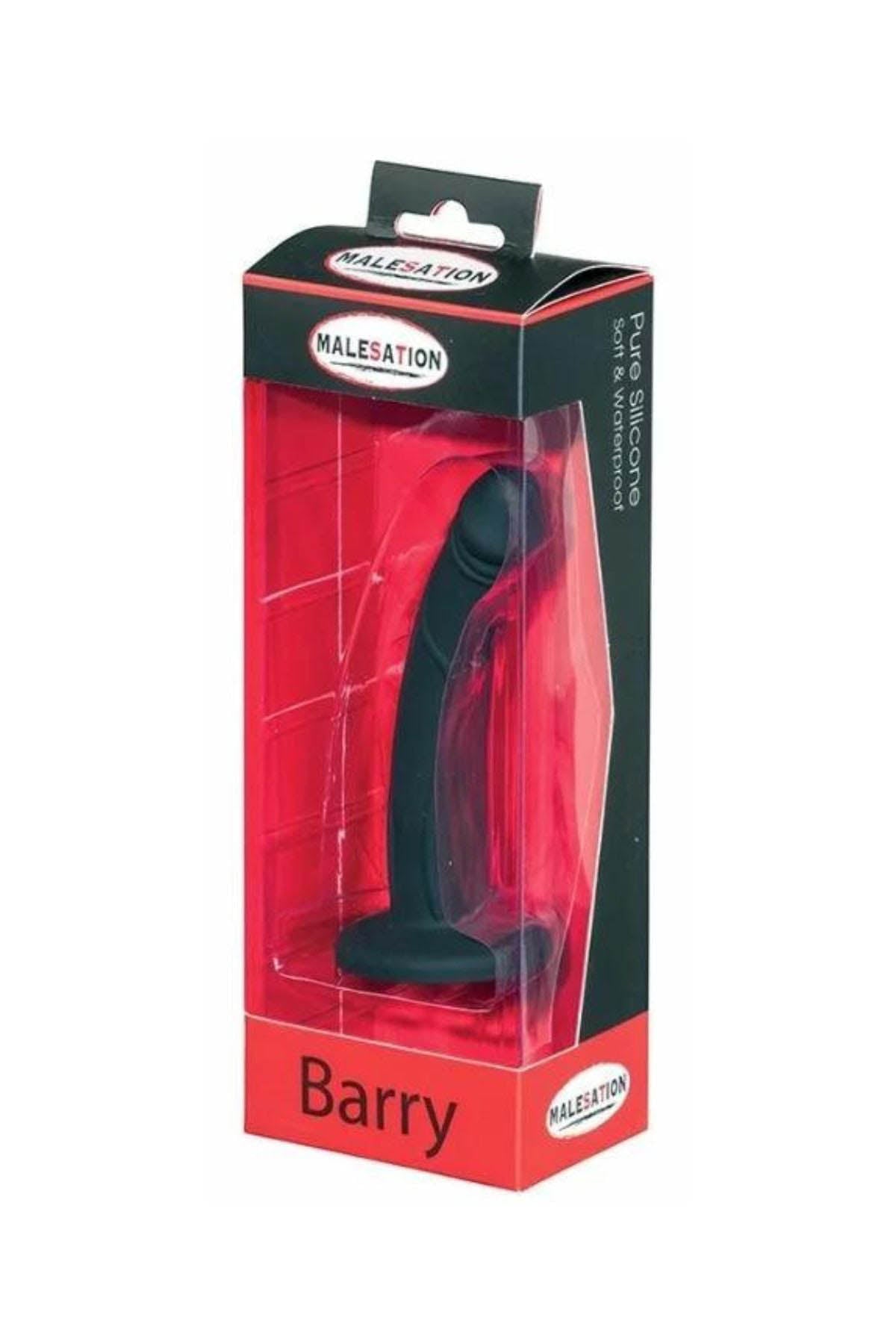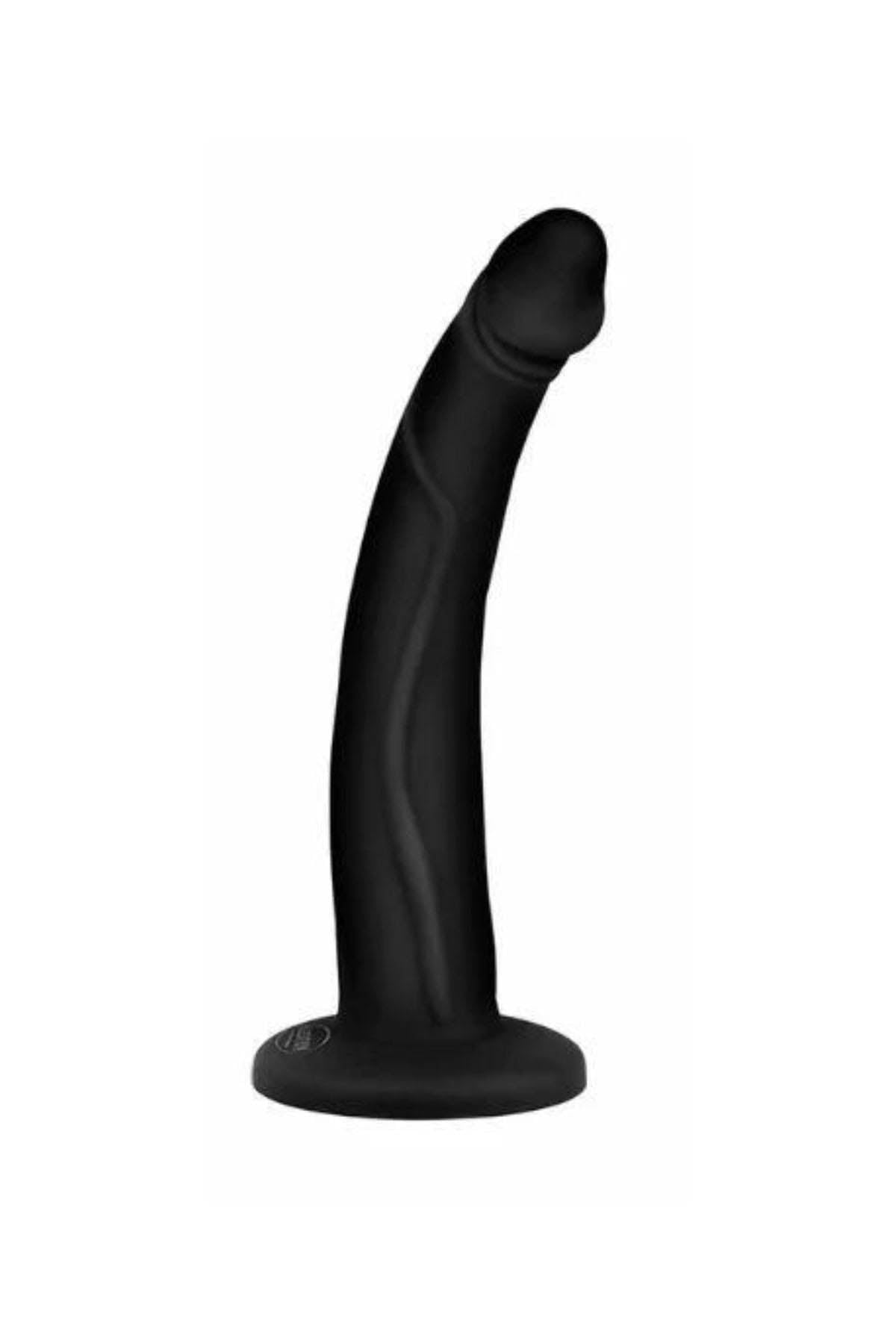The Ins & Outs of a Personal Lubricant
Why Lube Is So Important for Good Sex
Lubricant, or lube as it is affectionately known, is a "sensuous dousing-fluid that reduces friction between two eager bodies". In other words, it makes for easier penetration and for wriggling great succsex!
As per Wikipedia,
Personal lubricants are specialized lubricants used during sexual acts, such as intercourse and masturbation, to reduce friction to or between the penis and vagina, anus or other body parts or applied to sex toys to reduce friction or to ease penetration.
Who Needs Lube?

Most of us are aware that the female body when aroused, generates its own natural lubricant. So, for regular intercourse, additional lube should not be necessary. However, not everyone practices the standard form of sex - for some, unusual factors could interfere with the 'normal' sex. Vaginal dryness and painful intercourse are the main culprits. Vaginal dryness is more common than we think, especially as women age, and it’s probably for this very reason that lubricants were first invented.
Vaginal Dryness
As stated, Vaginal Dryness is widespread among women. There are many causes.- pregnancy, childbirth, breastfeeding, menopause, menstruation, medication, cancer treatment, age, and stress! Yet, sometimes, without any apparent reason, women’s bodies just don’t produce enough lubrication for their needs. Whatever the reason, lubricants make life so much wetter and happier for them.
Frisky Adventurers
Of course, vaginal penetration is not the only kind of sex out there. The different couple configurations and soloists can also occasionally benefit from a dab of lube. Often, just to be frisky! Lubricants definitely make things fantastically sexy and slippery.
To quote Astroglide, makers of a popular brand of lubricants:
"Life is too short for bad sex."
So, even if your sex life is pretty good, why not take it to the next level with a personal lubricant?
How to Choose Your Lube
Lubes have different forms and functions. Study them carefully. Be aware of the components, whether you have sensitive skin, and what you want from your lube.
The joy of lubricants is in the variety. Don’t be boring by sticking to the one you know - think out of the box and see what happens!
Types of Lubricant
Personal lubricants come in different formulae:
- Water-based
- Silicone-based
- Oil-based
- Organic
- Specialised
Water-Based Lubes
These are the most widely used and commonly known lubes. They have different properties and functions, like consistency and types of stimulation they offer etc., so choose carefully.
Pros of Water-Based Lubes
- Water-based personal lubricants are compatible with silicone sex toys. (If silicone-based lubes are used on silicone toys, the silicone in the toys can dissolve and make the toys sticky and icky.)
- Water-based lubes can be reactivated with water or saliva If they dry up.
- They are easy to clean off.
- They do not stain the sheets.
- Some of today's water-based lubes are made with carrageenan, which:
a) is moisturising
b) is less likely to dry out
c) Ieaves little-to-no residue
d) is thought to be a vigorous inhibitor of HPV
- Water-based lubes are recommended if one is prone to yeast infections. Other types (those made with glycerine, a sugar) can feed the yeast, causing the infection.
Cons of Water-Based Lubes
- Water-based lubricants are easily absorbed by the skin, mucous membranes, and other tissues, and eventually evaporate or drying out.
- This means they may need to be reapplied during the course of events, so be ready.
- Another side effect of being easily absorbed is that some added agents in water-based lubes do not dissolve or disperse, thus leaving a sticky residue.
- Water-based lubricants are not suitable for water play, for obvious reasons.
Silicone-Based Lubricants
The beauty of silicone-based personal lube is that it stays slippery longer. Because the body does not absorb it, there is no call to make any pit stops in the middle of your journey. These lubes are also ideal for water play and silicone-free toys.
Pros of Silicone-Based Lubes
- They usually have fewer than four ingredients, which means they are safer if one is prone to allergies.
- They don’t dry out quickly or get absorbed by the body.
- They work well with most types of condoms.
- They can be used in water and are just the ticket for silicone-free toys.
Cons of Silicone-Based Lubes
- Research shows that some silicone-based lubes can aggravate yeast infections in people already have them or are prone to them.
- All non-water-based lubes are harder to clean off, thus potentially creating a breeding ground for germs and uglies.
- There is a small degree of suspicion that silicone-based lubes increase the spread of HIV. Having said that, we know that condoms drastically decrease the spread of HIV, so a condom with a silicone-based lubricant should contra that risk out! But be wary, nonetheless.
Oil-Based Lubricants
We don’t recommend using an oil-based lubricant (like petroleum jelly), for several reasons. The main being that it is devilishly difficult to clean off, and the other that it has been linked to the transmission of almost every known variant of STD. We advise sticking to the purpose-built type and opting for the scientifically proven superior lot.
Organic Lubricants
Environmental Awareness is a household word these days, and the demand for Organic lubes is growing steadily overseas. Good ol' South Africa is following close behind. Our popular Pjur range is leading the field in this market, by presenting lubes that are kind to your body AND our beautiful environment.
Speciality Lubricants

Once you understand how lubes work, you can play around and discover which ones are for you. They are often available in smaller bottles, so sample the smaller containers before investing in larger volumes that might disagree with you, thus saving unnecessary expenses. We also stock a range of lubes for people with medical needs, like sensitive skin or other specific setbacks. See our Pjur range of sensitive and "med" lubes. You might like to see our stock of stimulating lubricants. They cool, they tingle, they heat you up, and they definitely make you "warm and fuzzy" all over!
Some lubricants give both hot and cold sensations in one, while flavoured and edible lubes add a palette of interesting effects to the table. Mix the flavours to create your own luscious fruit salad of results!
A quick word of advice: most edible lubricants are water-based, as silicone is considered unsafe for human consumption.
Words of Wisdom
Lubricants are usually marketed with specific purposes in mind. While most are safe for vaginal sex, masturbation, and use with sex toys, not all are conducive to oral or anal sex. This is why, when it comes to anal play, we recommend you stay with anal lubes, which are slightly numbing, to favour the extra-sensitive area of your anus.
- For oral sex, your best bet is to go for an edible lube or nothing at all. If you have food allergies, remember to always check the ingredients in your lubes - an allergic reaction is definitely not what you want midstream!
- Ladies, if you’re trying to fall pregnant, Wikipedia points out that lubricants can impair the chances of falling pregnant. In fact, it explains that “human saliva and olive oil have been found to be detrimental to sperm function. Certain commonly used commercial lubricants, although labelled as non-spermicidal or spermicidal agent-free, have been found to impair sperm function.” If a baby is the goal, you could consider a more neutral alternative, like YES Lubricants for Women.
- As a final piece of advice, always opt for quality lubricants. Never jeopardise your health and delicate tissue with substandard goods.
Which Lube is Best for You?

After all that info, we will not be surprised if you are challenged about where to begin! When it comes to quality personal lubricants for sizzling sex, we're here to help. In a nutshell: our aim is to make everyone's sex lives better in whatever way we can. Be diligent, be wise, and you'll be just fine.
Yes, we say - Wetter is always Better!

